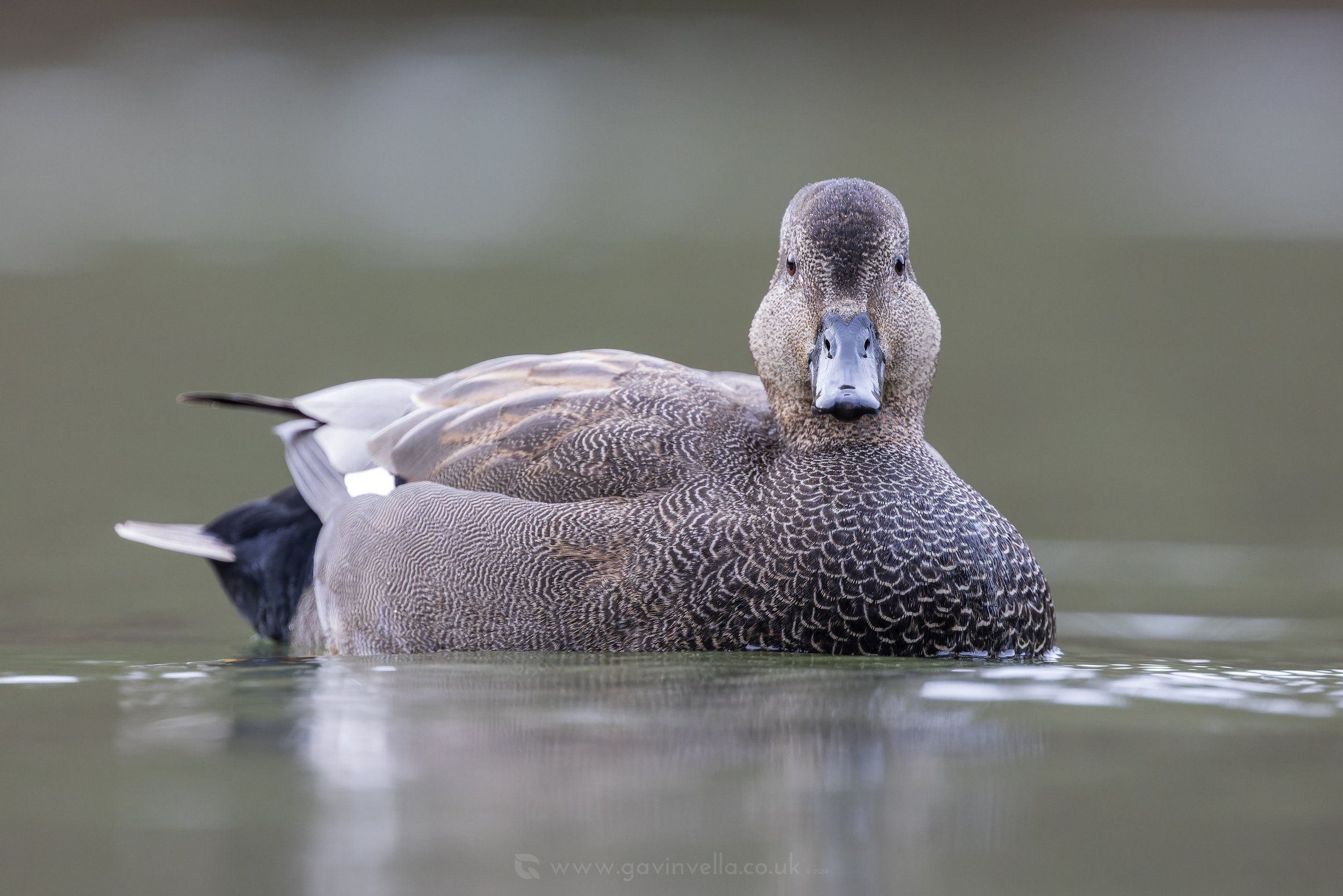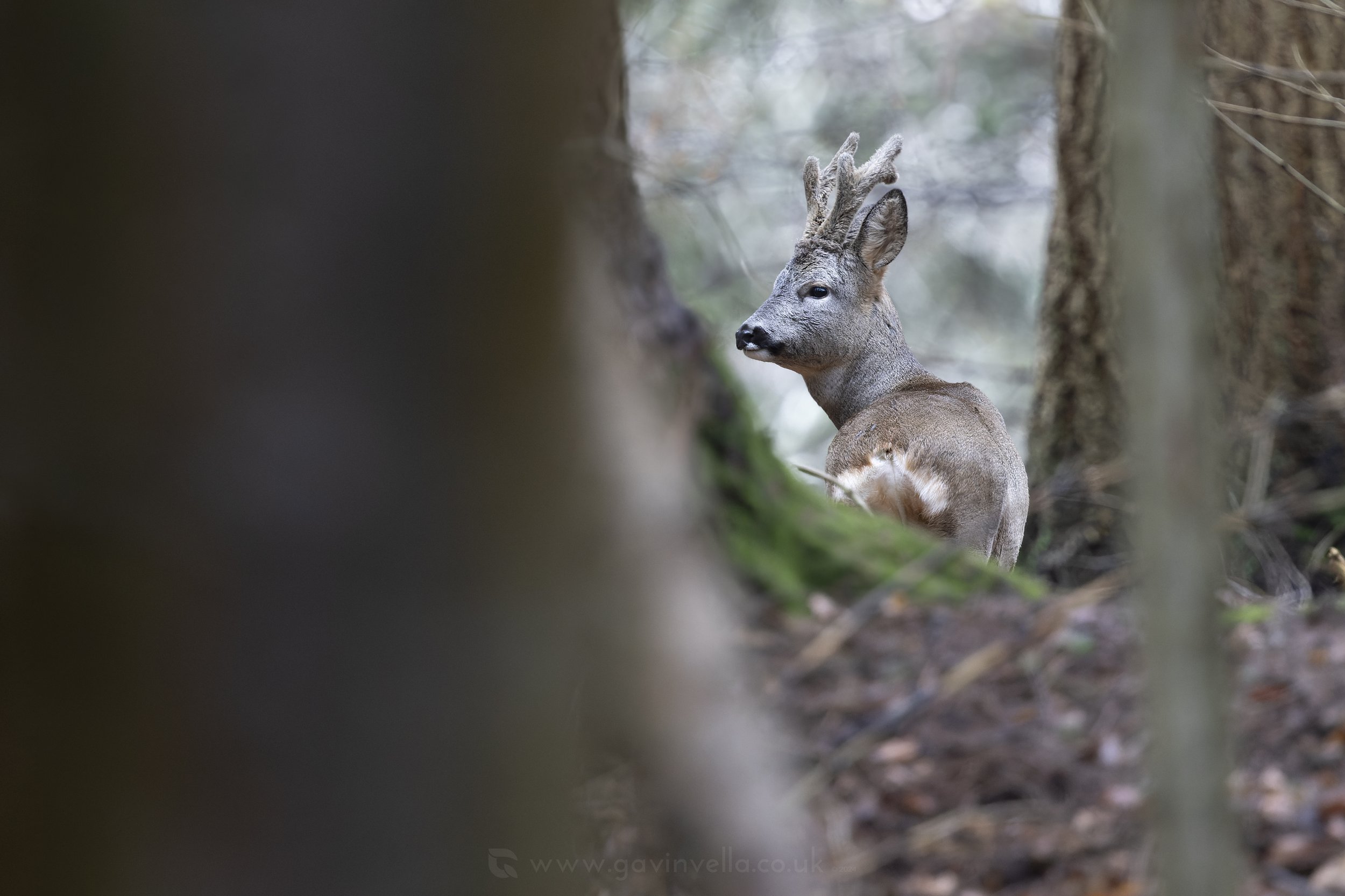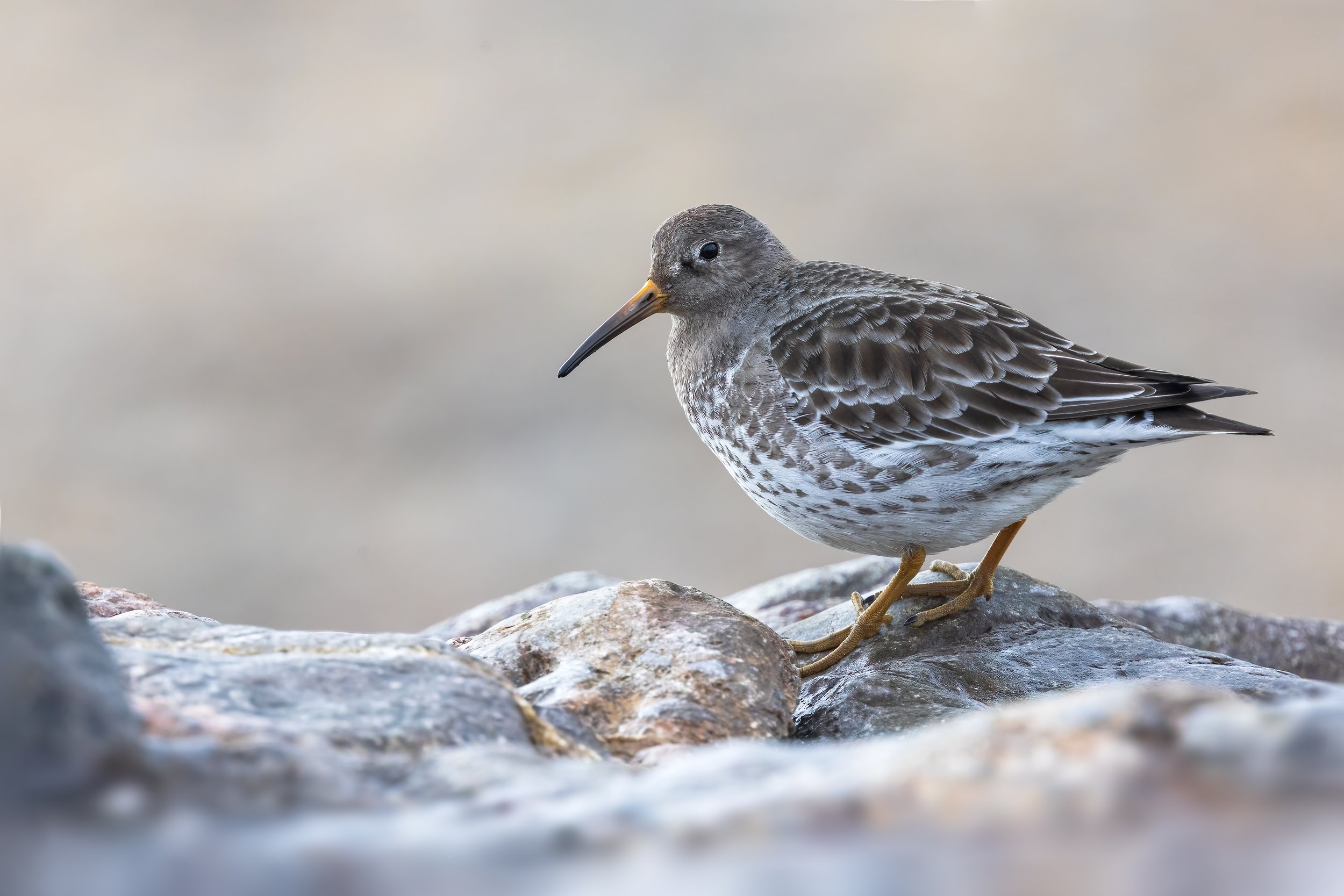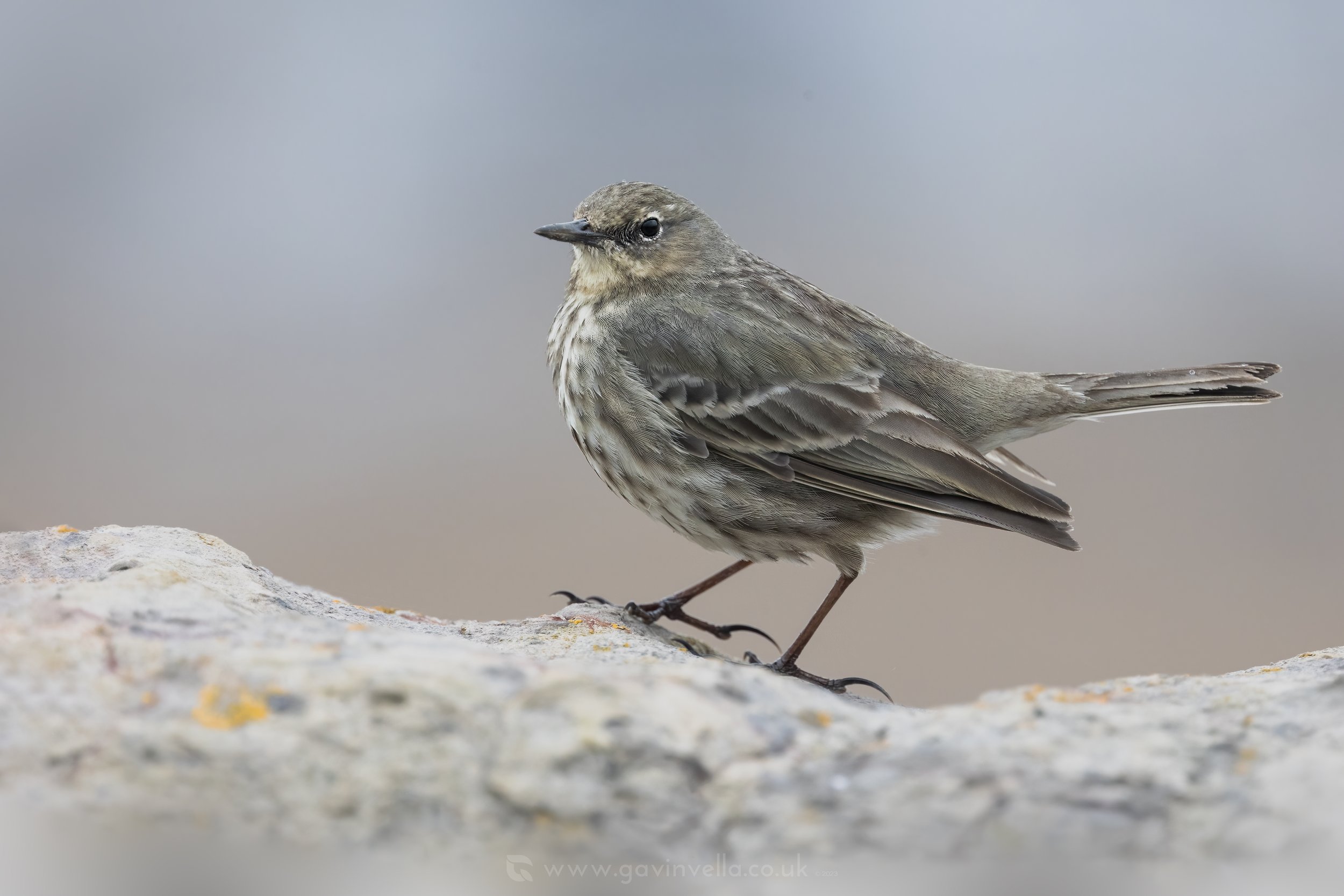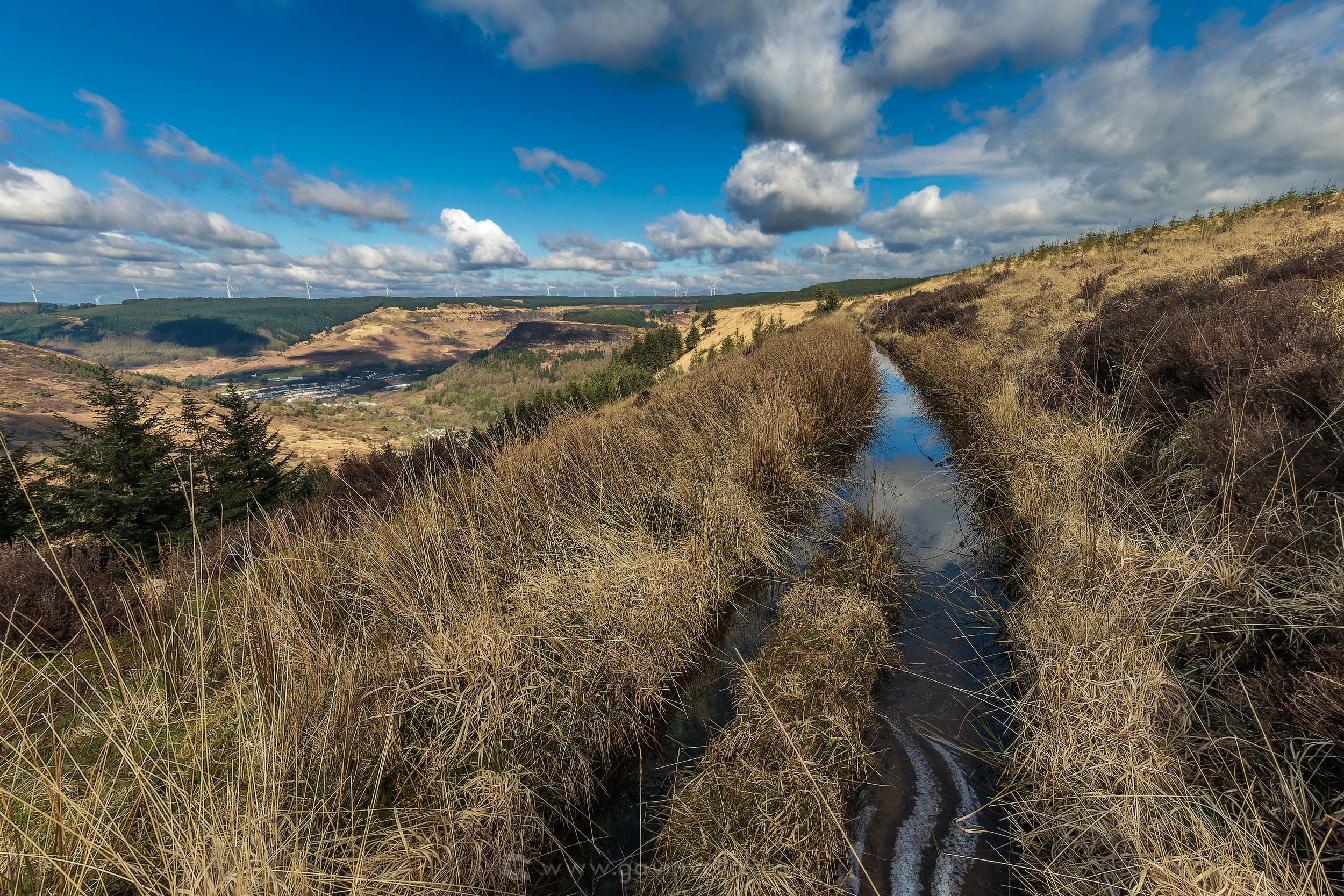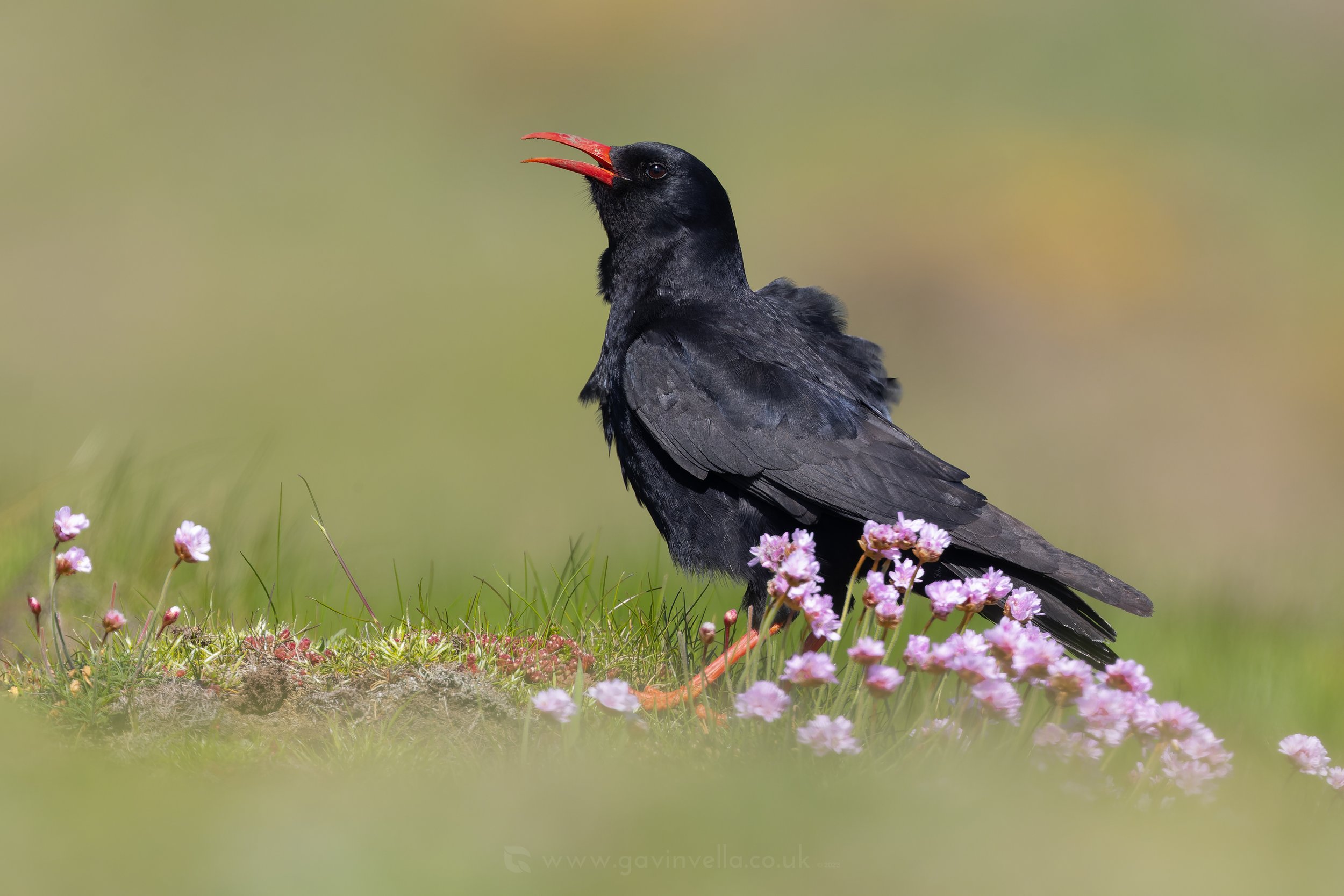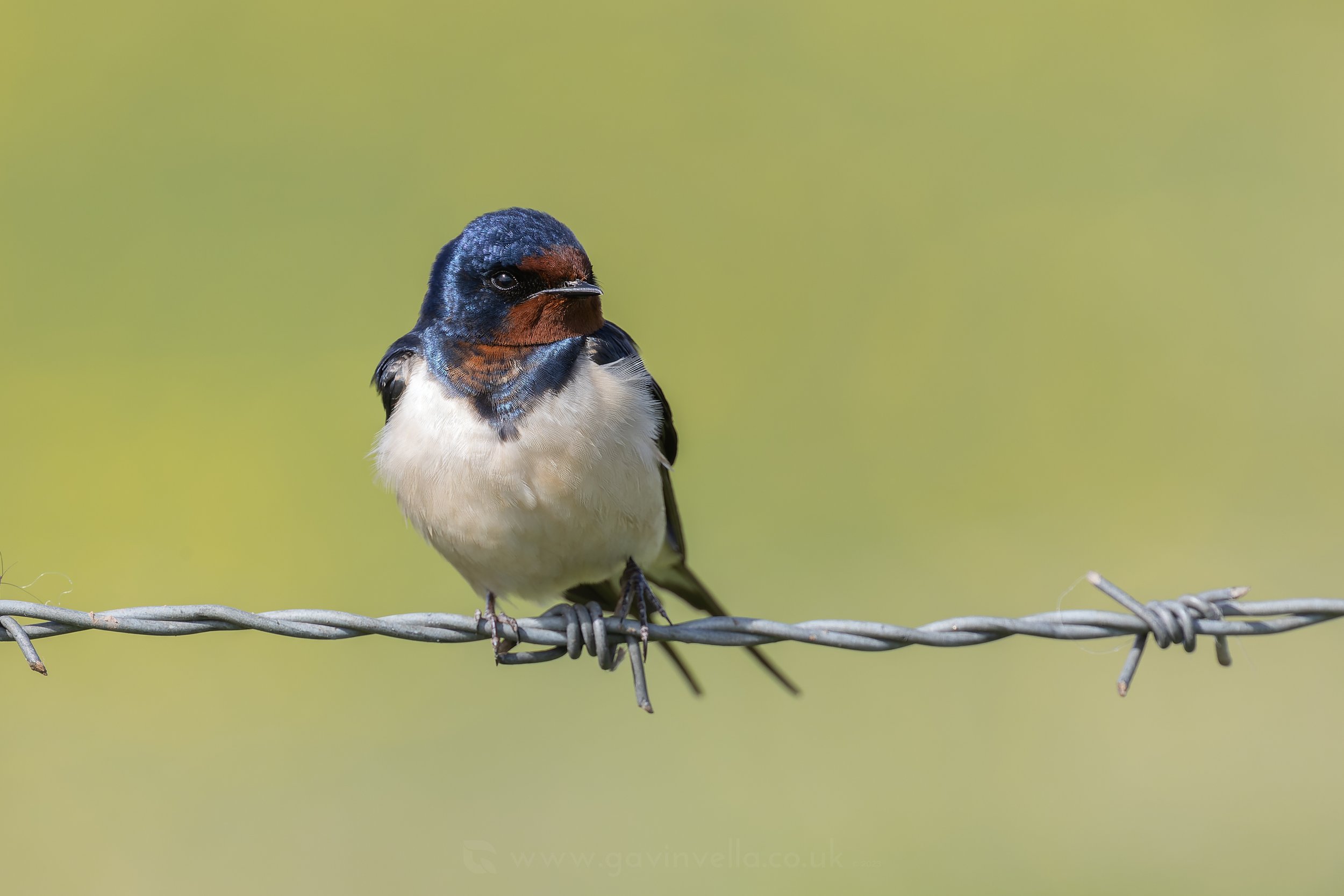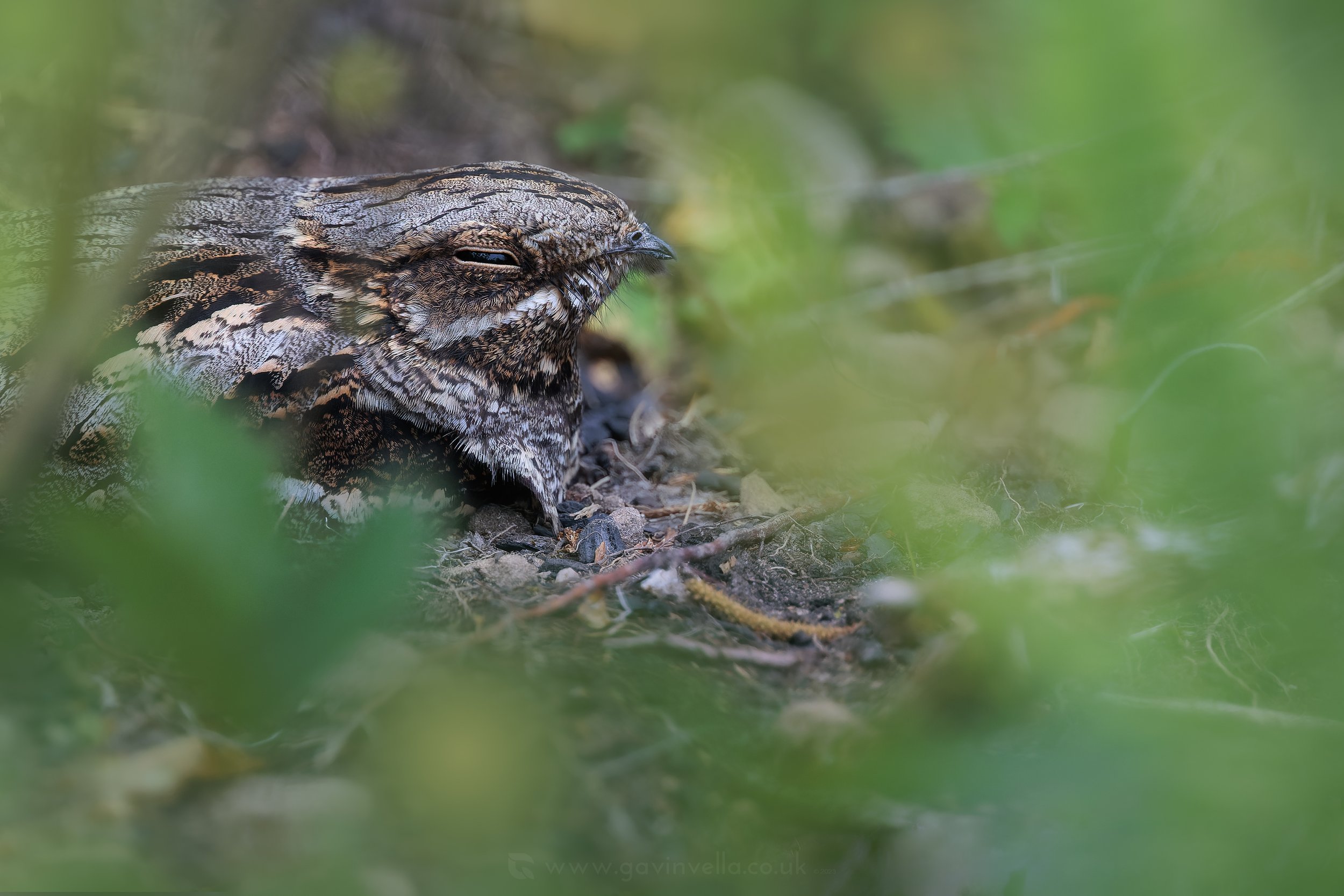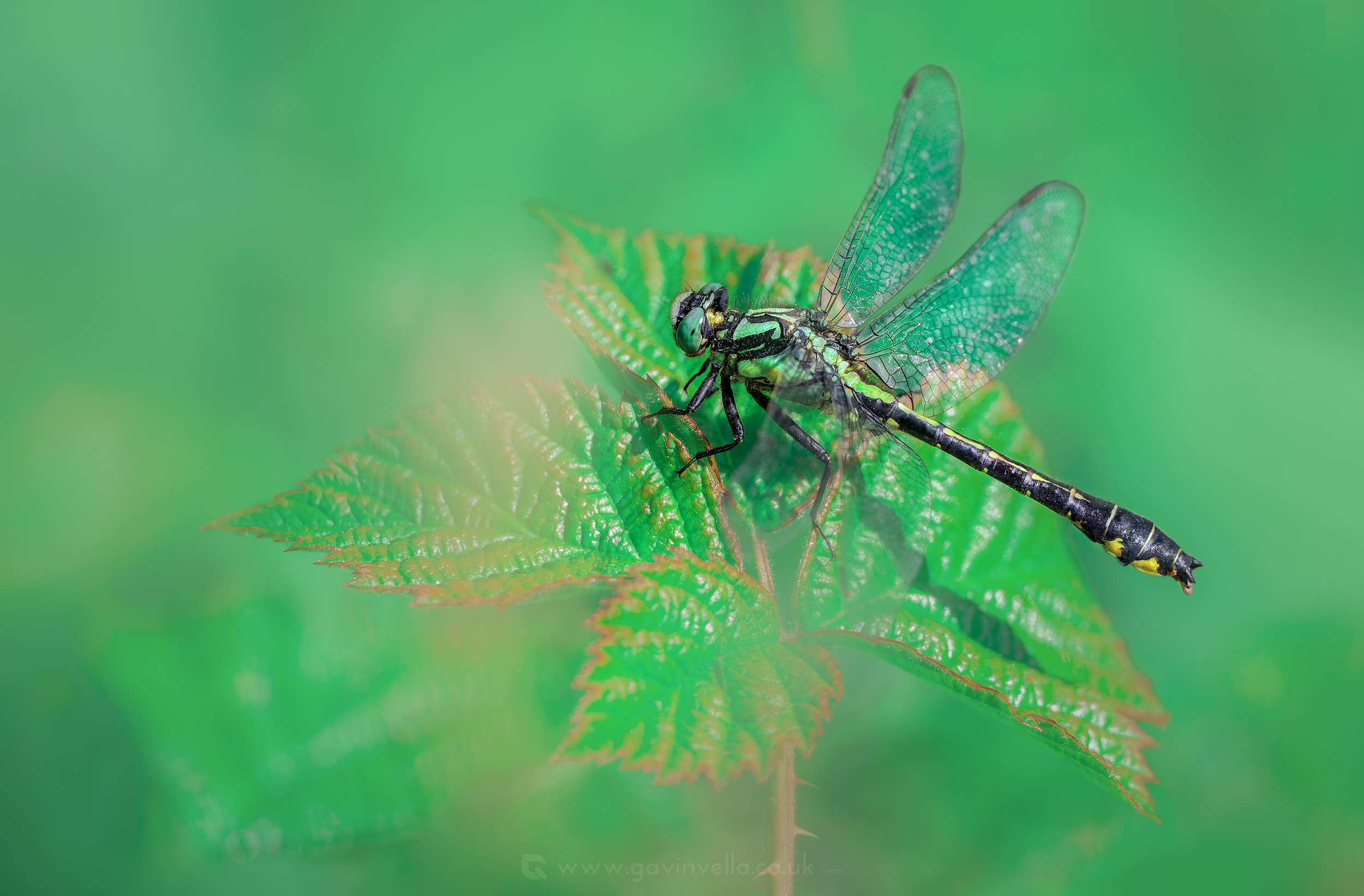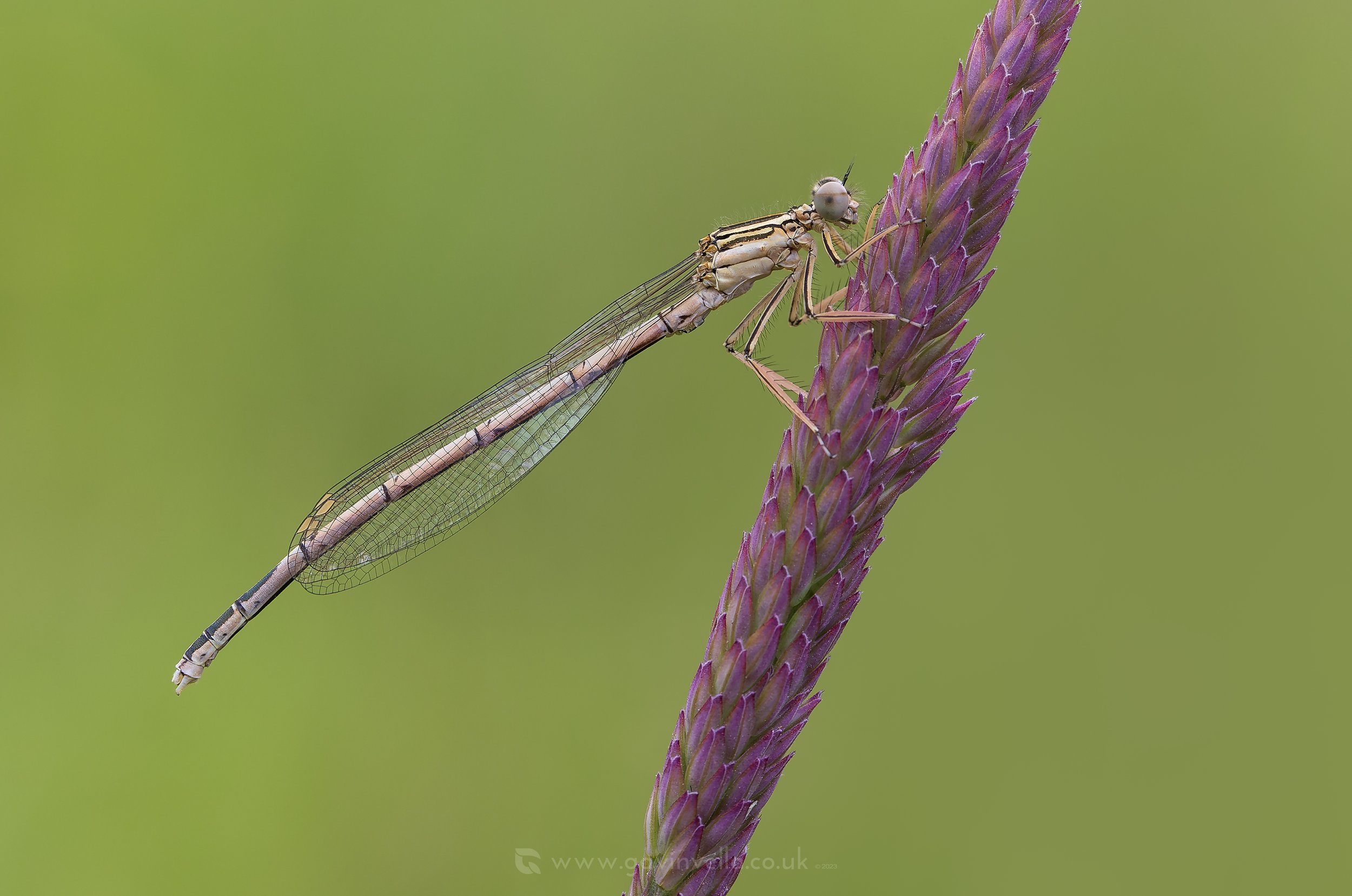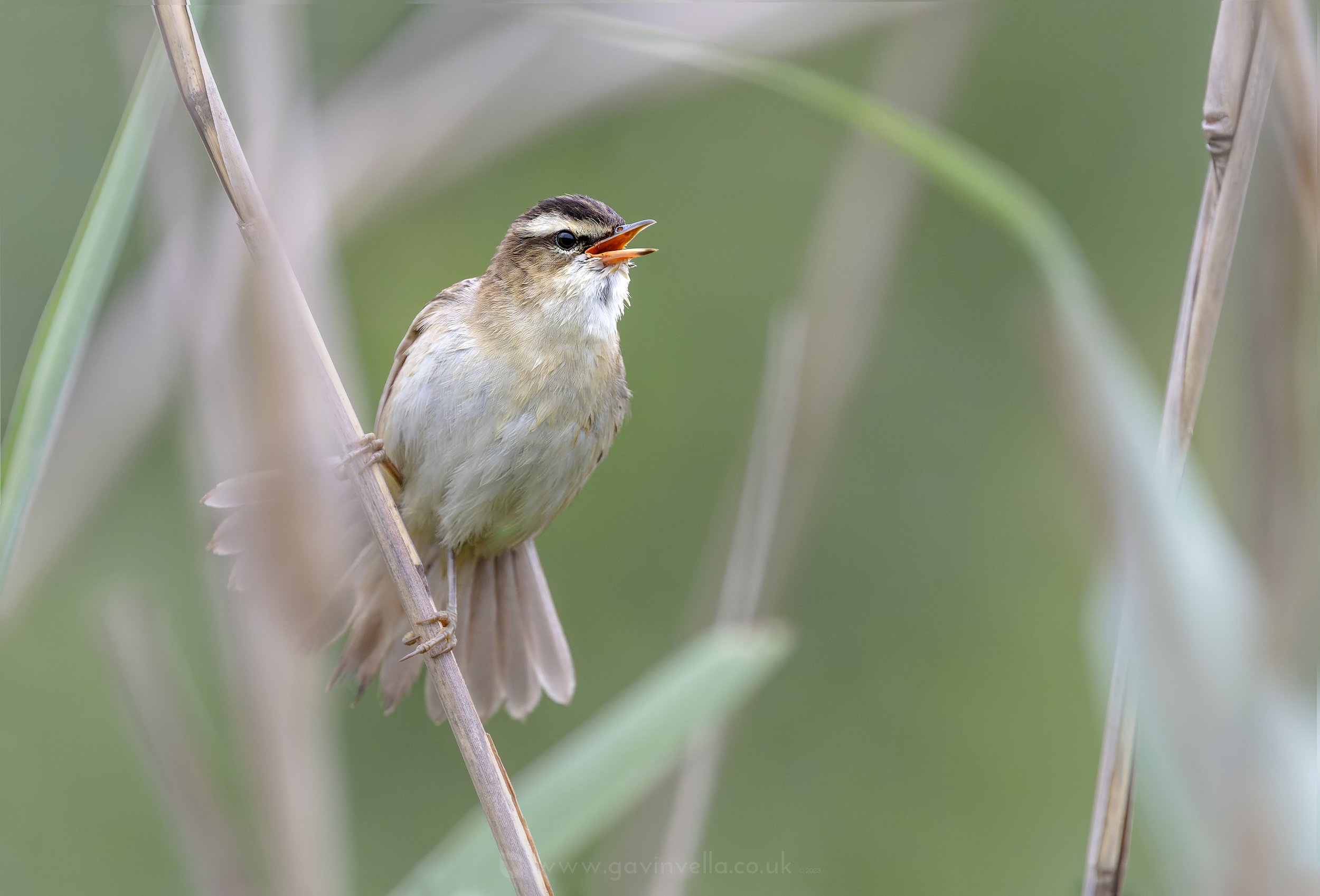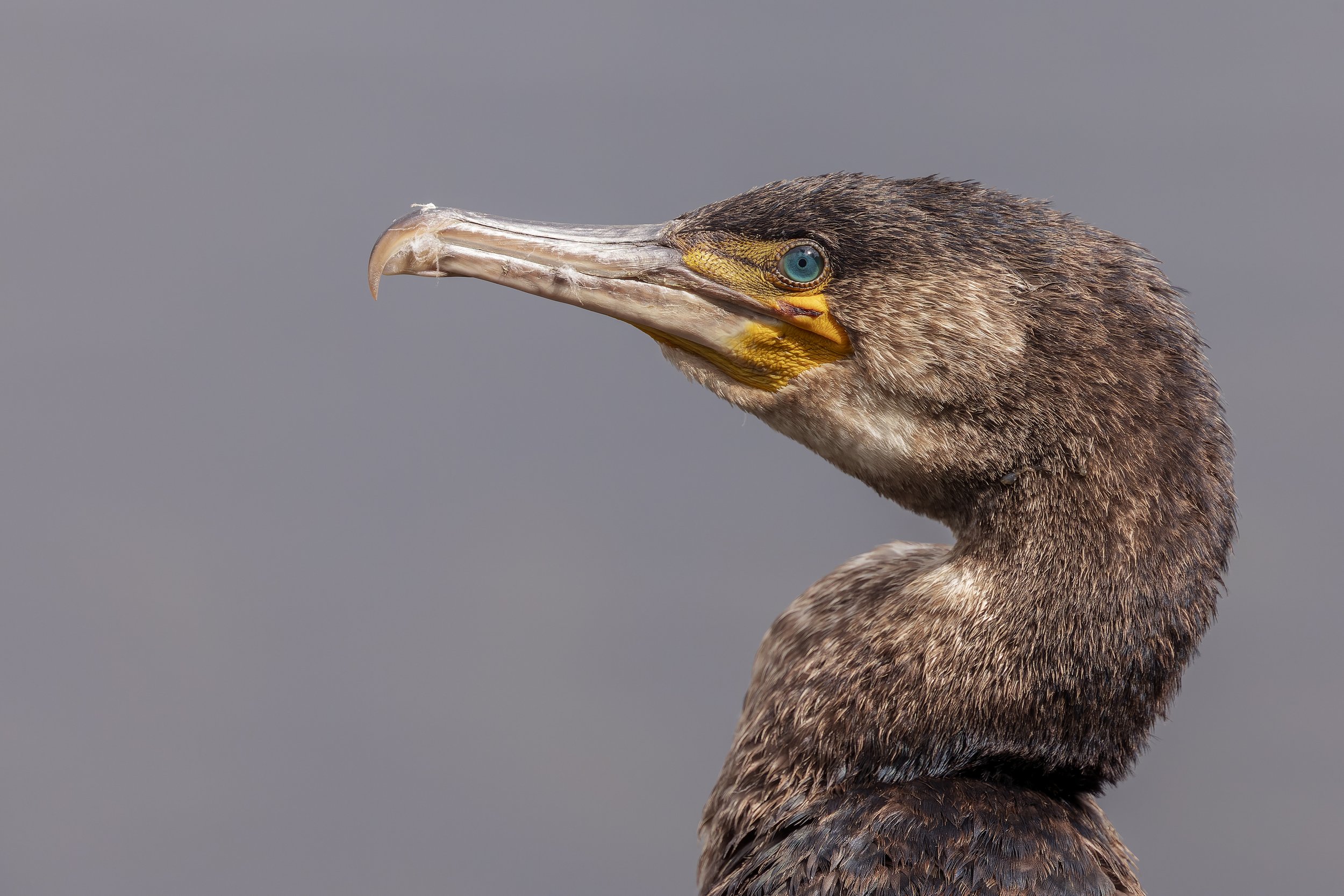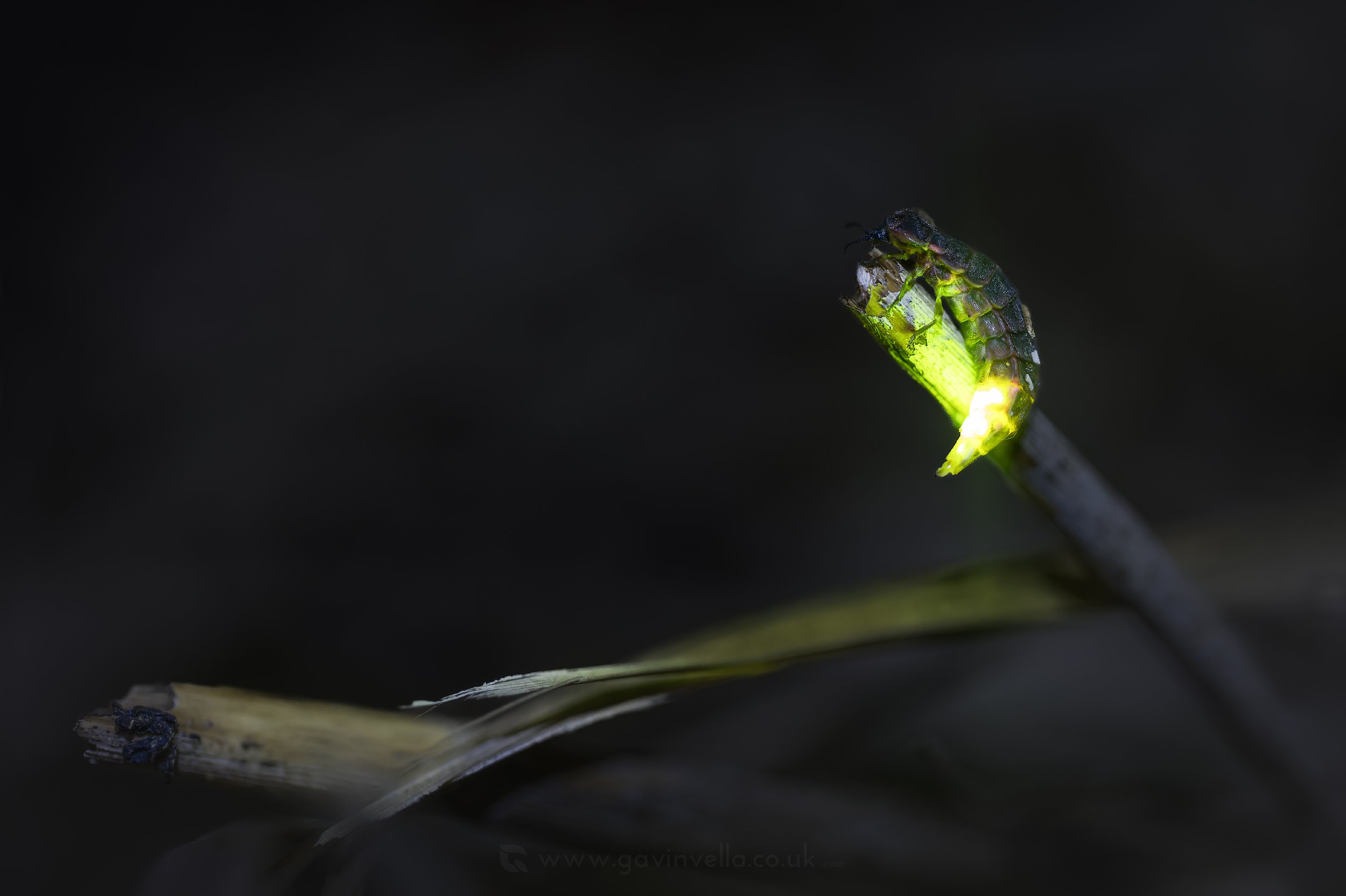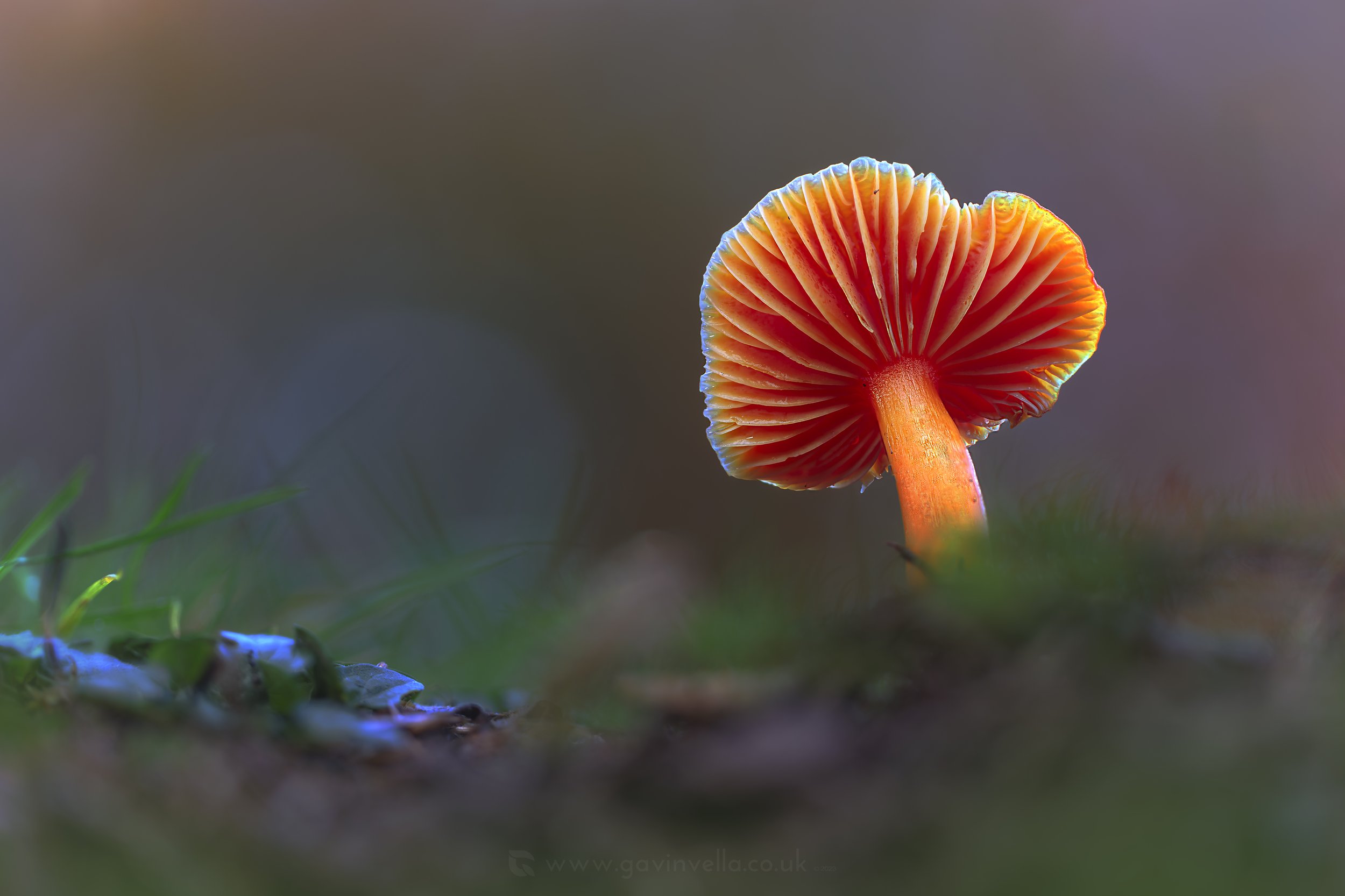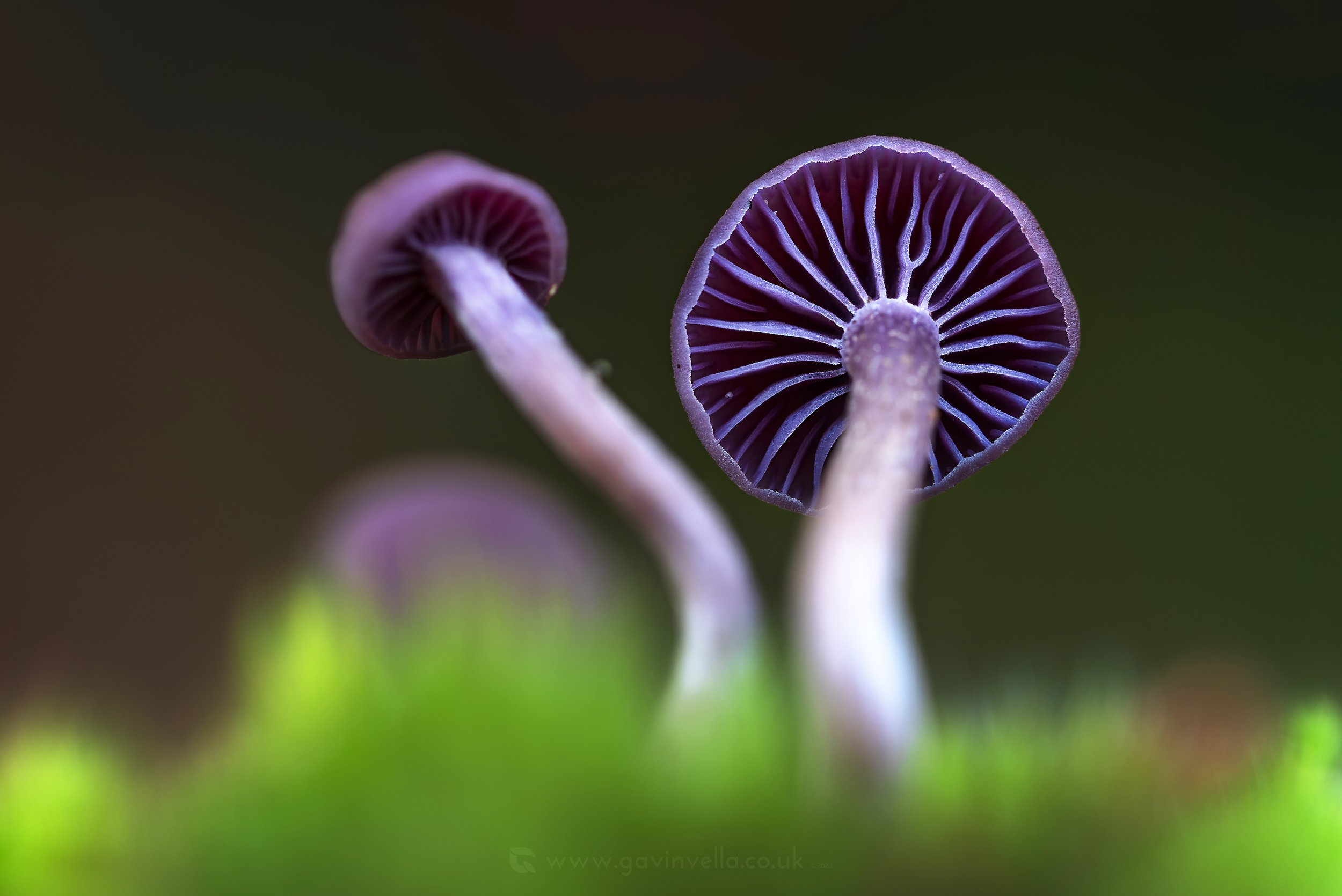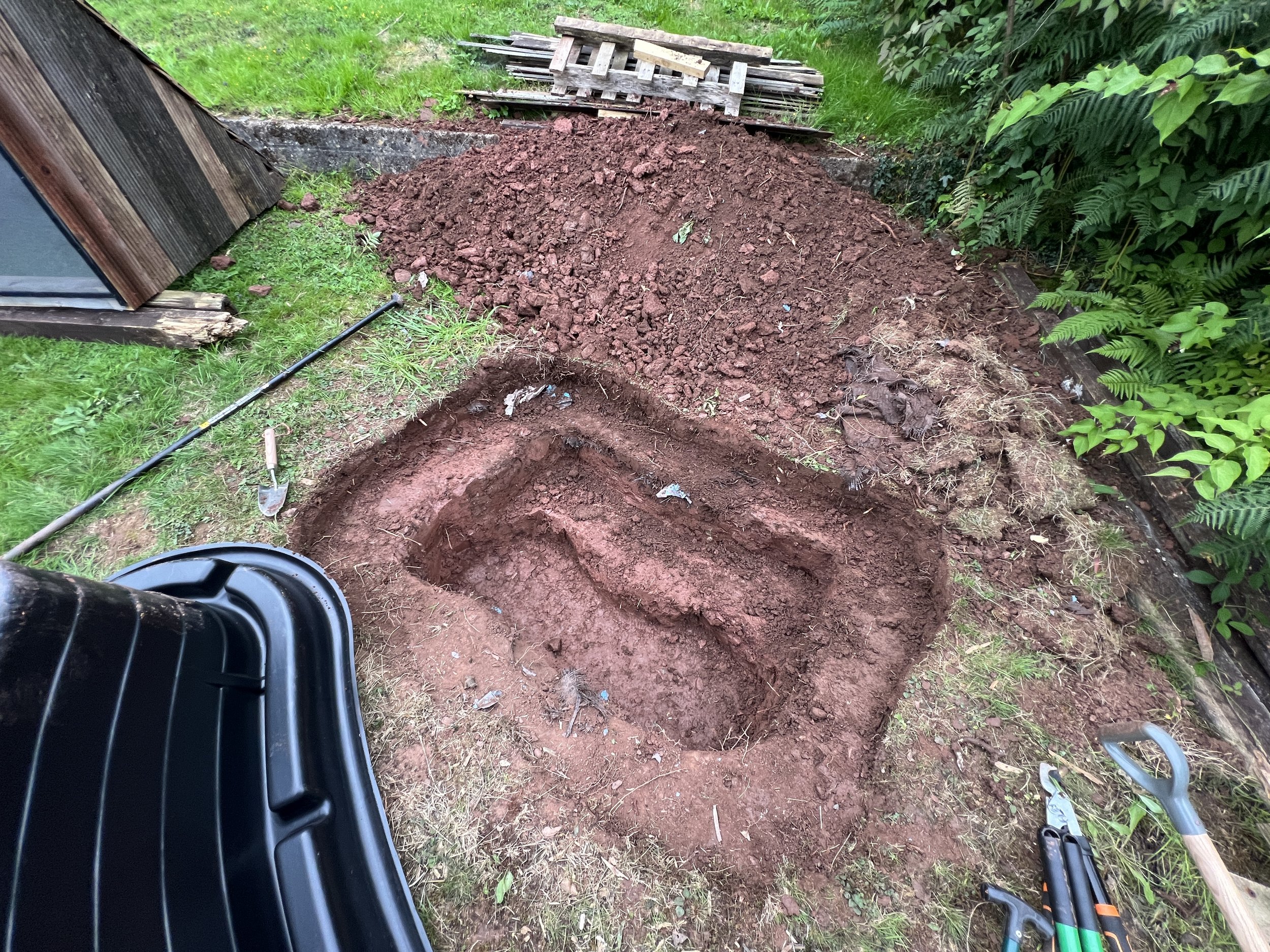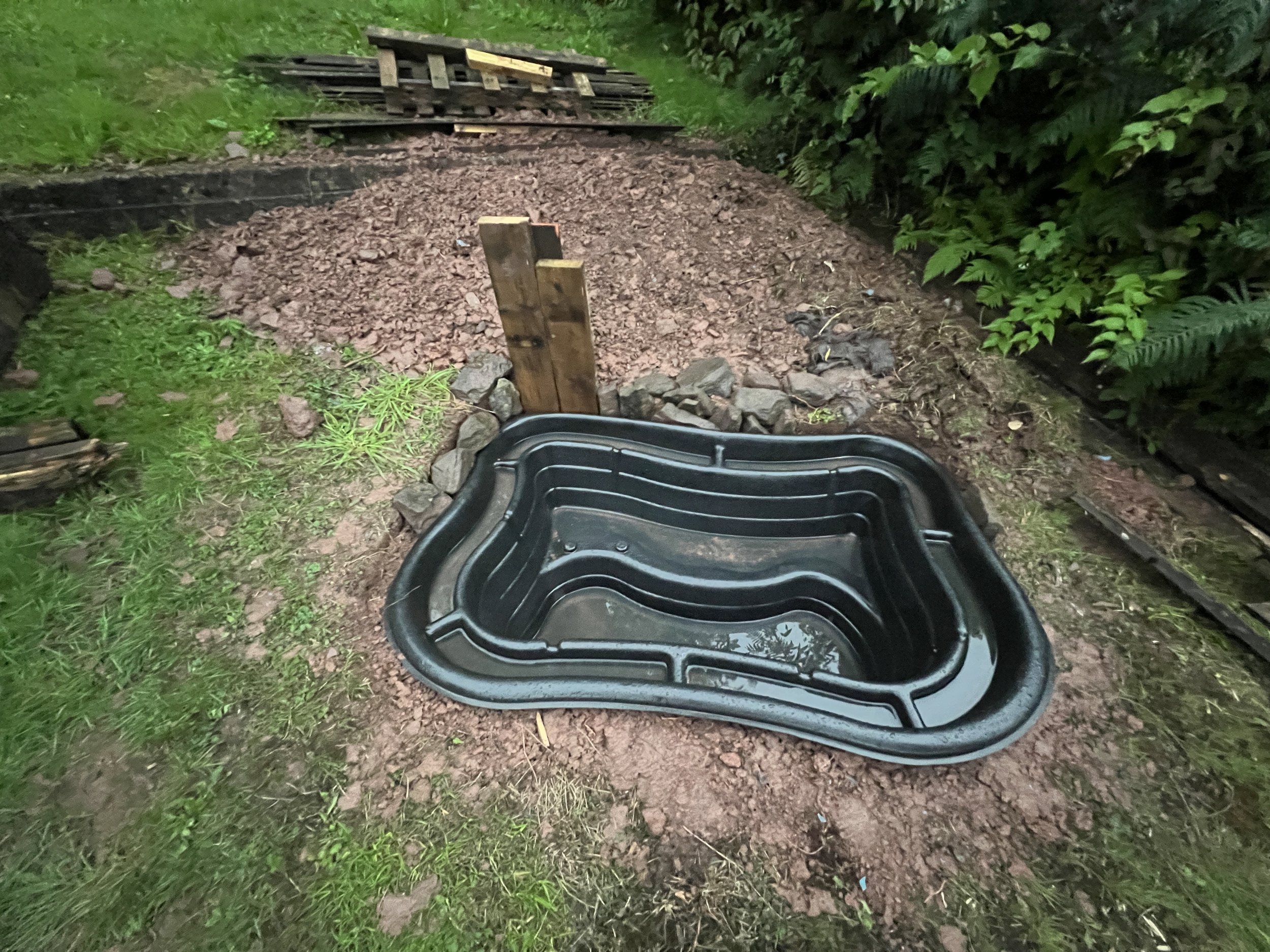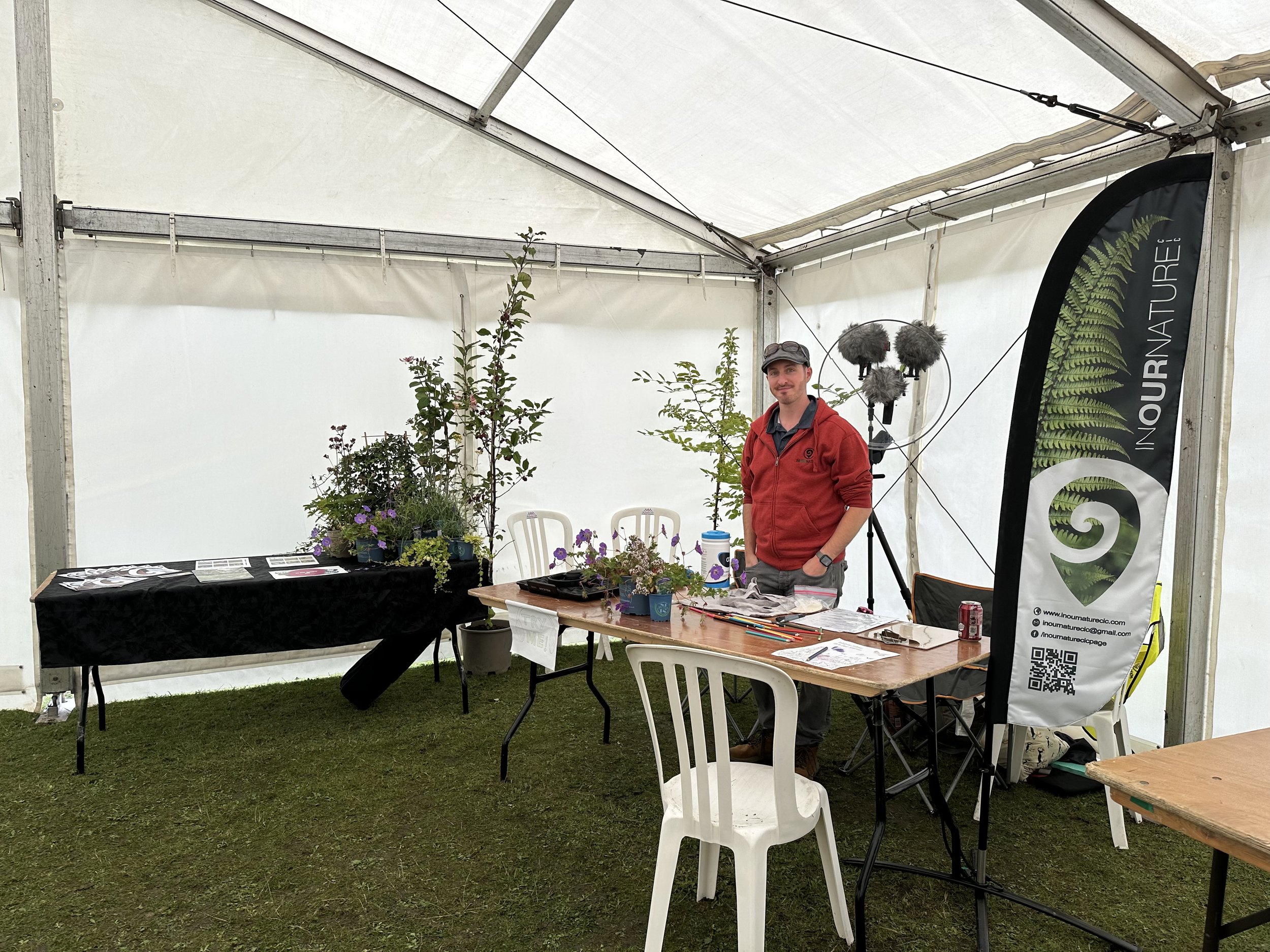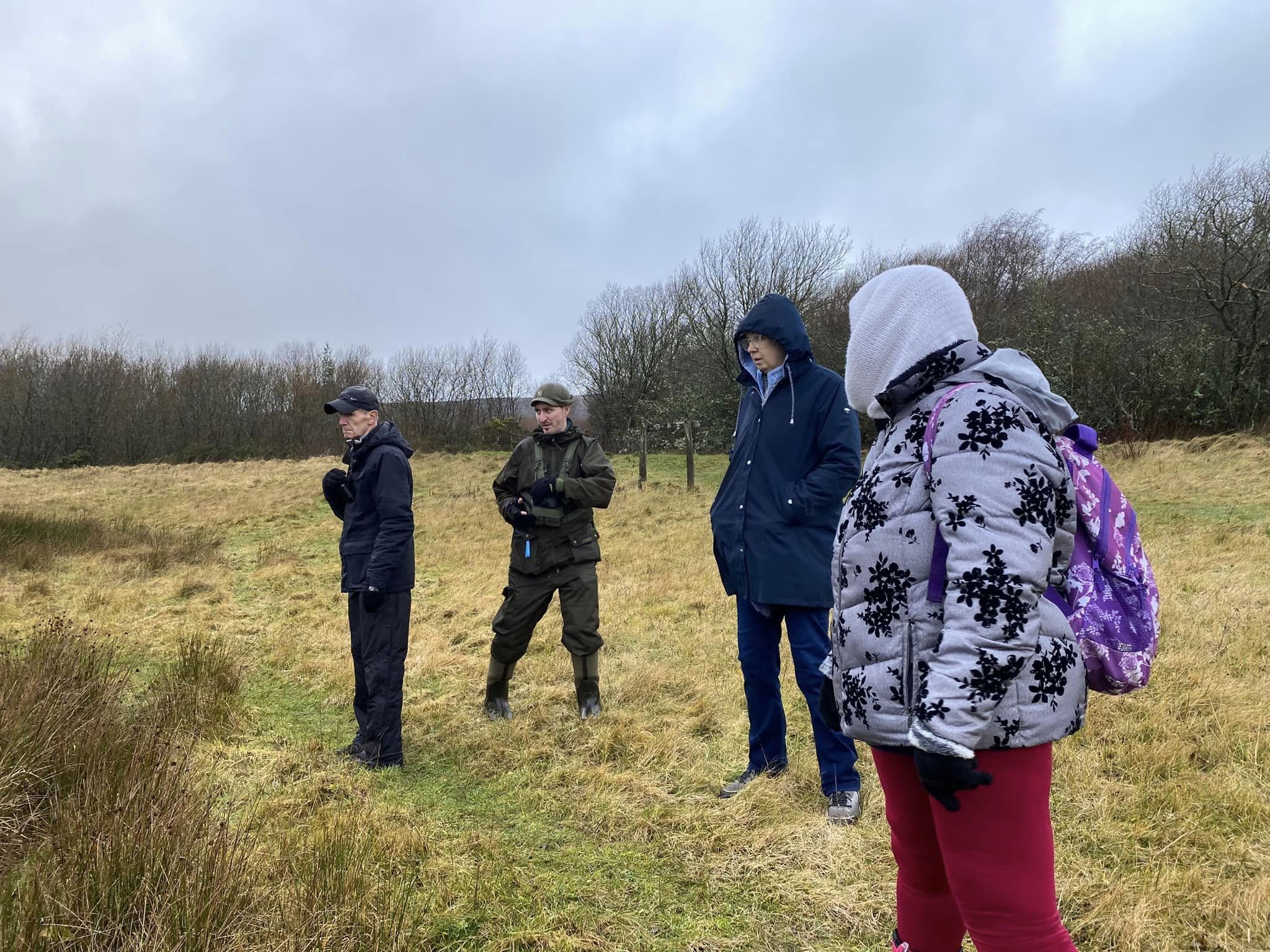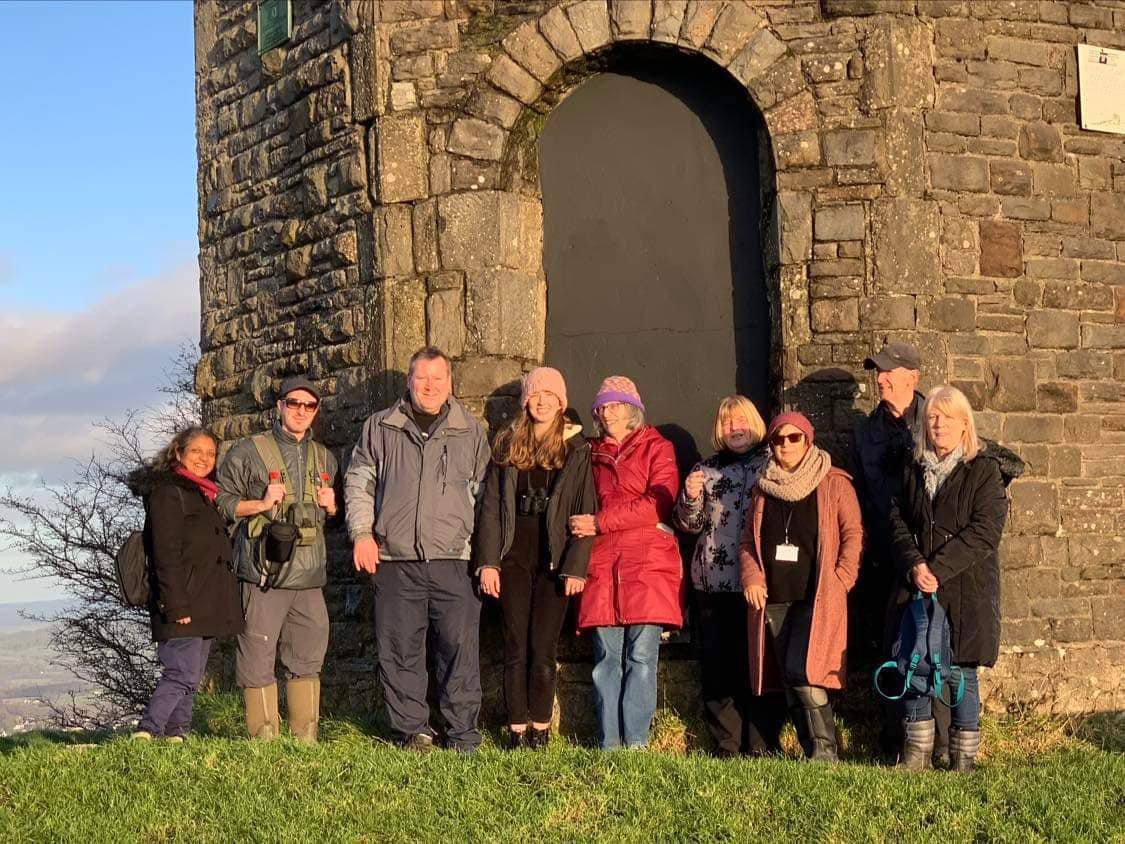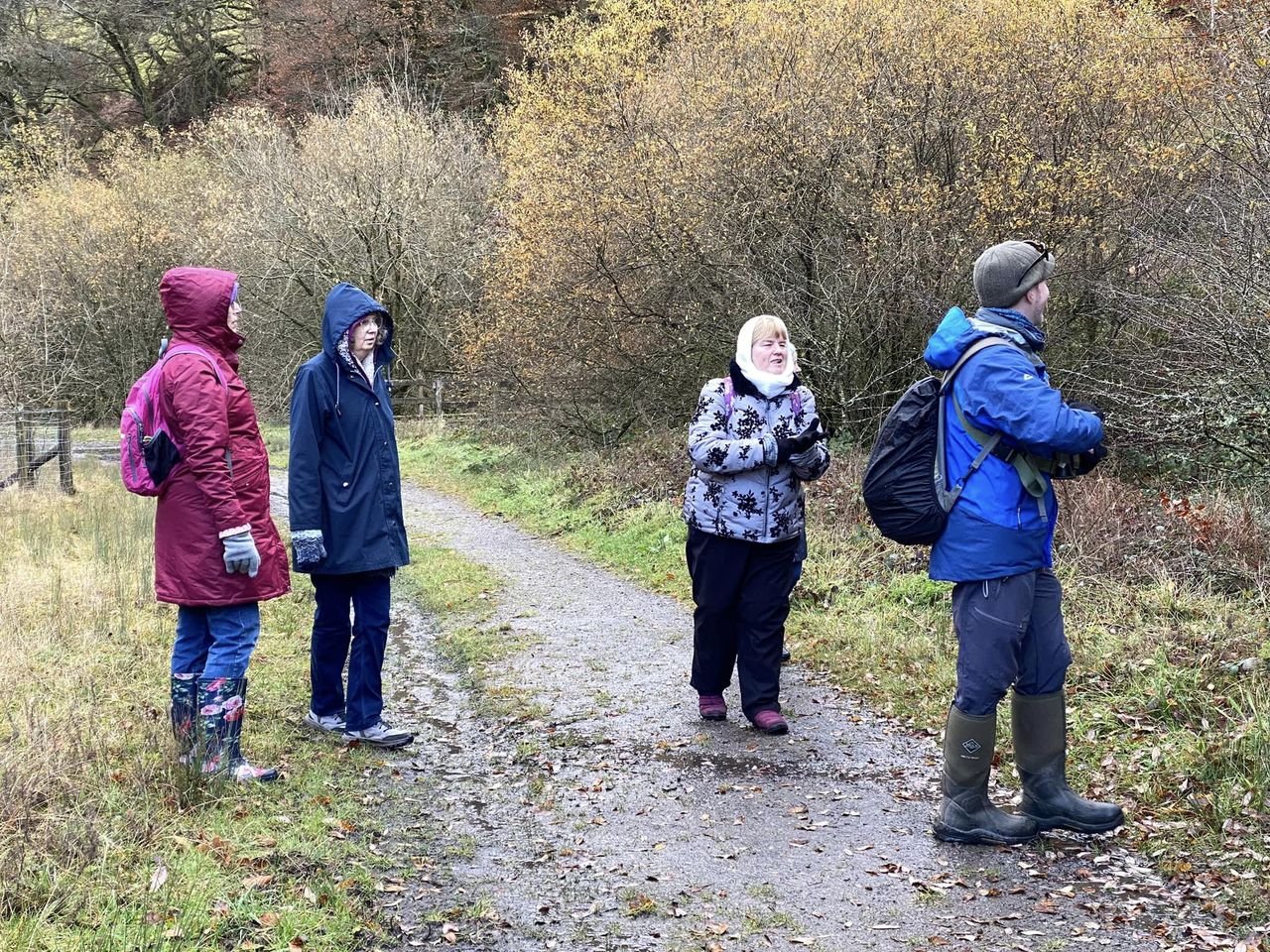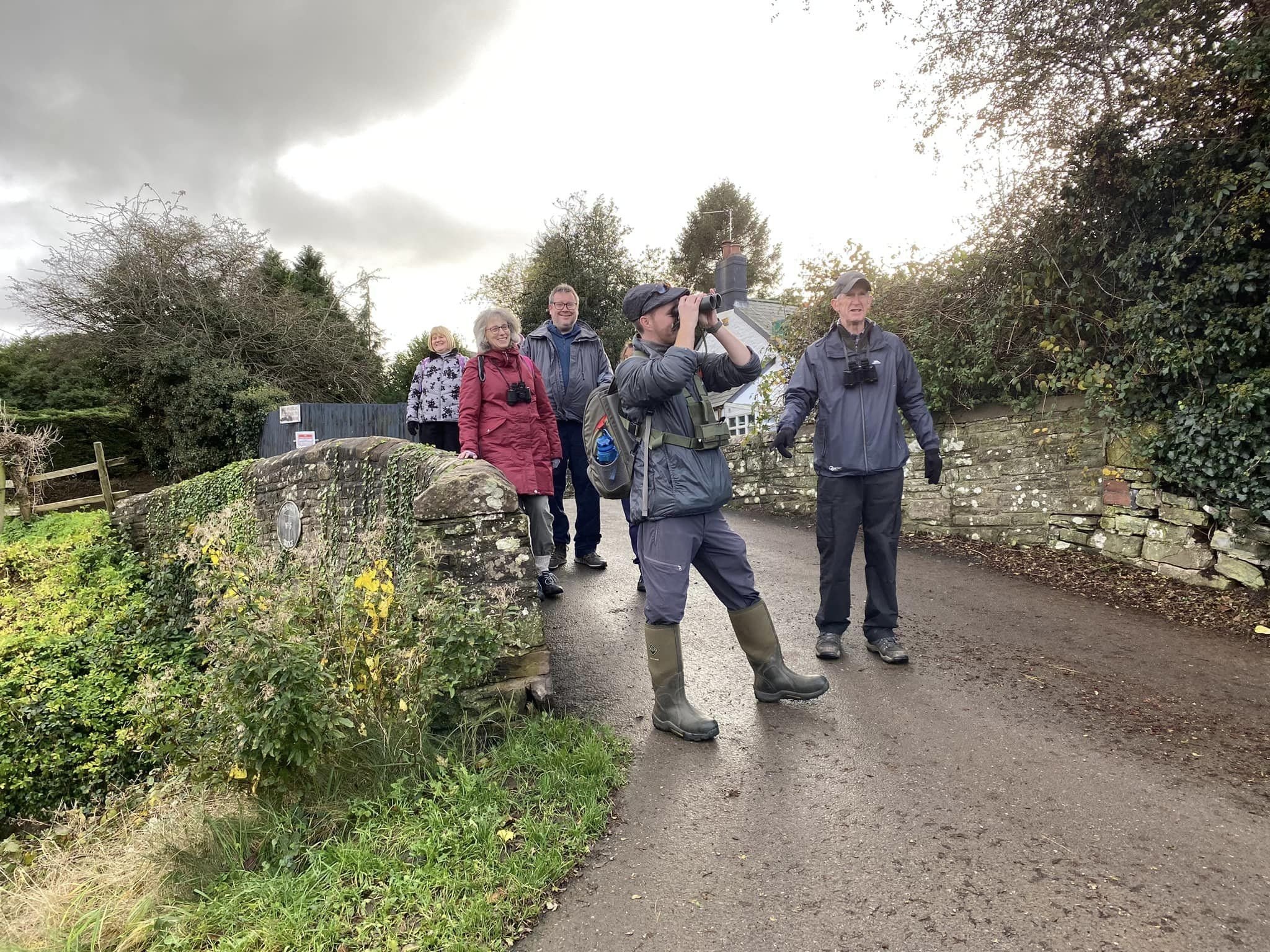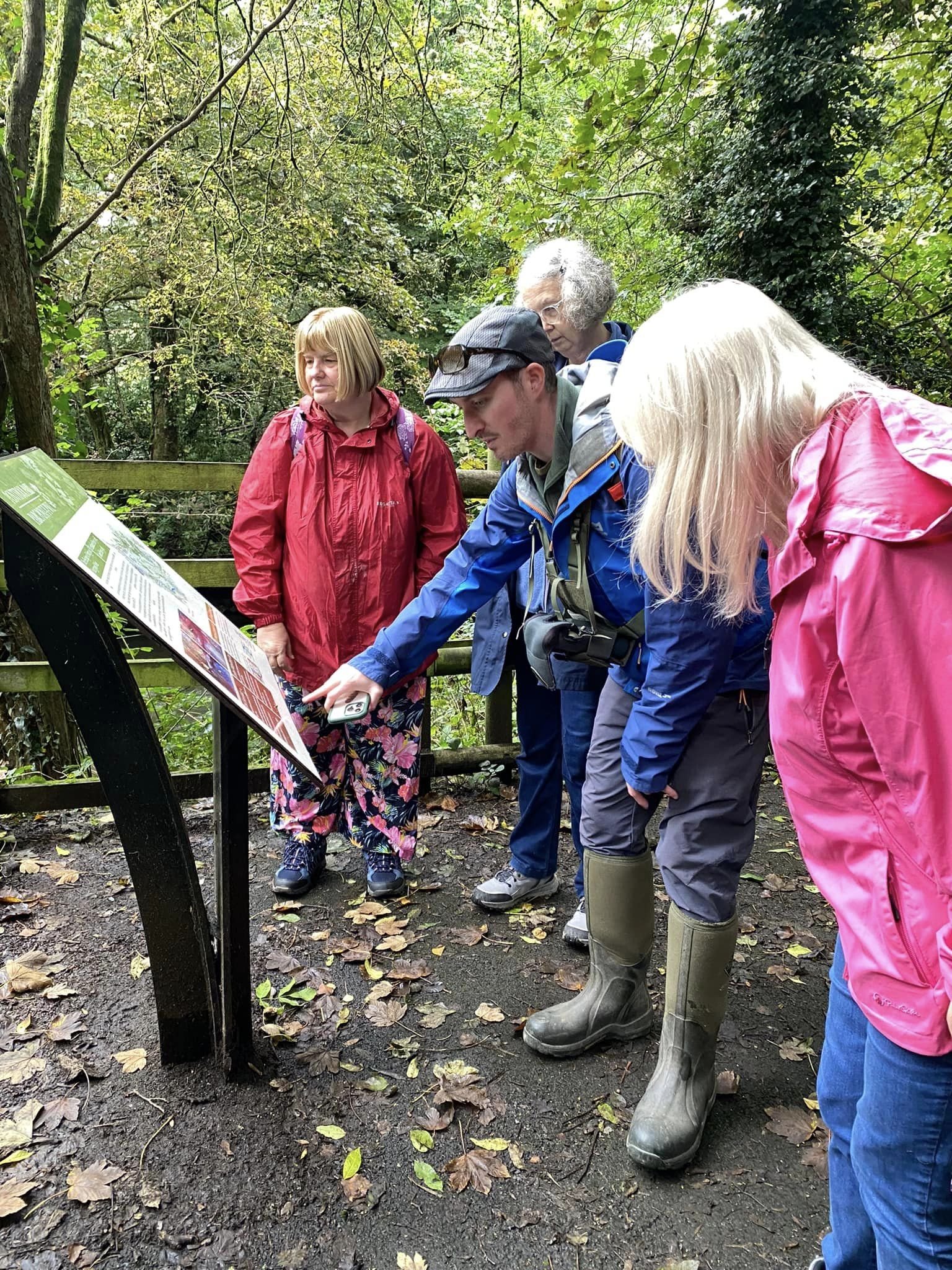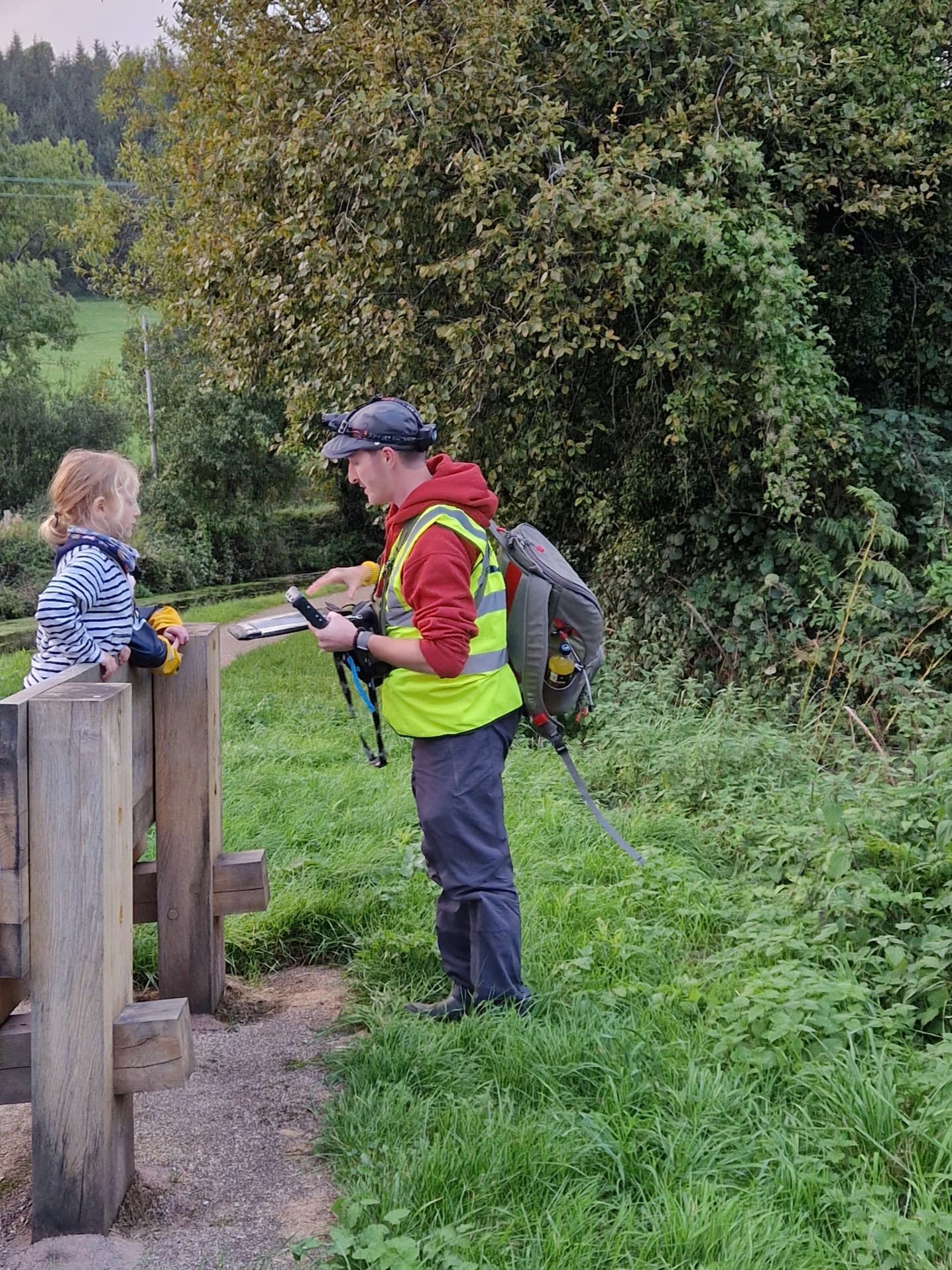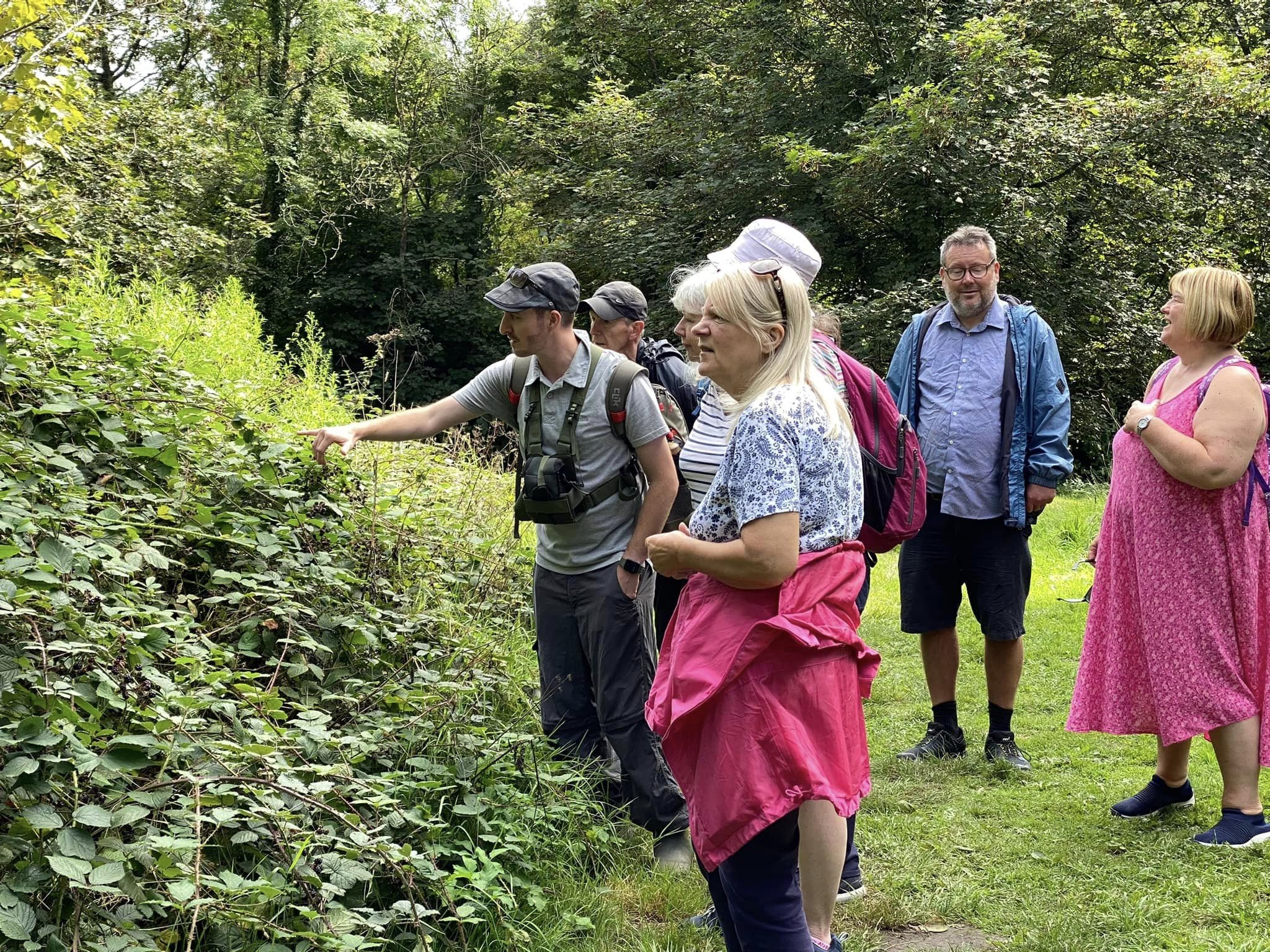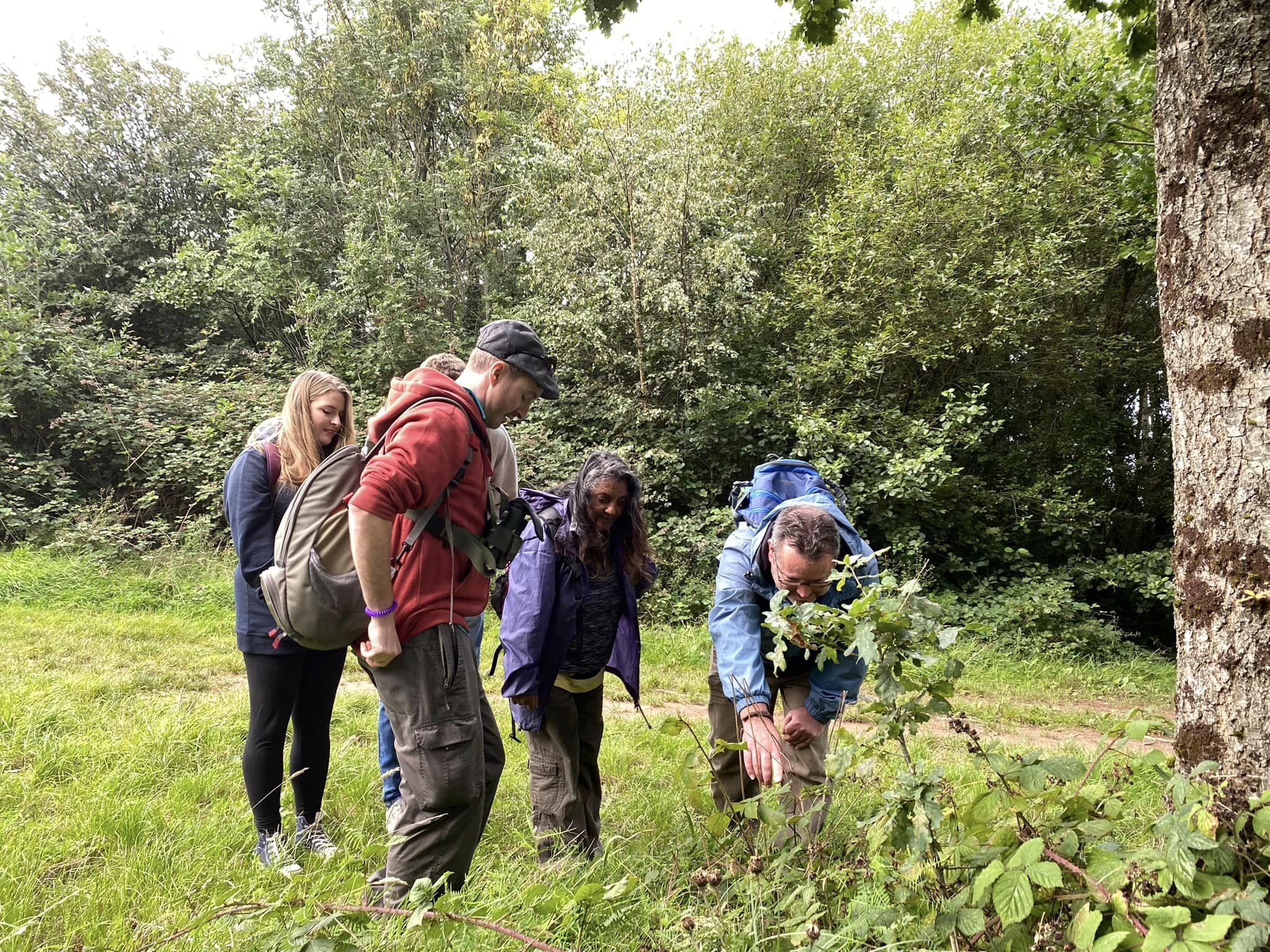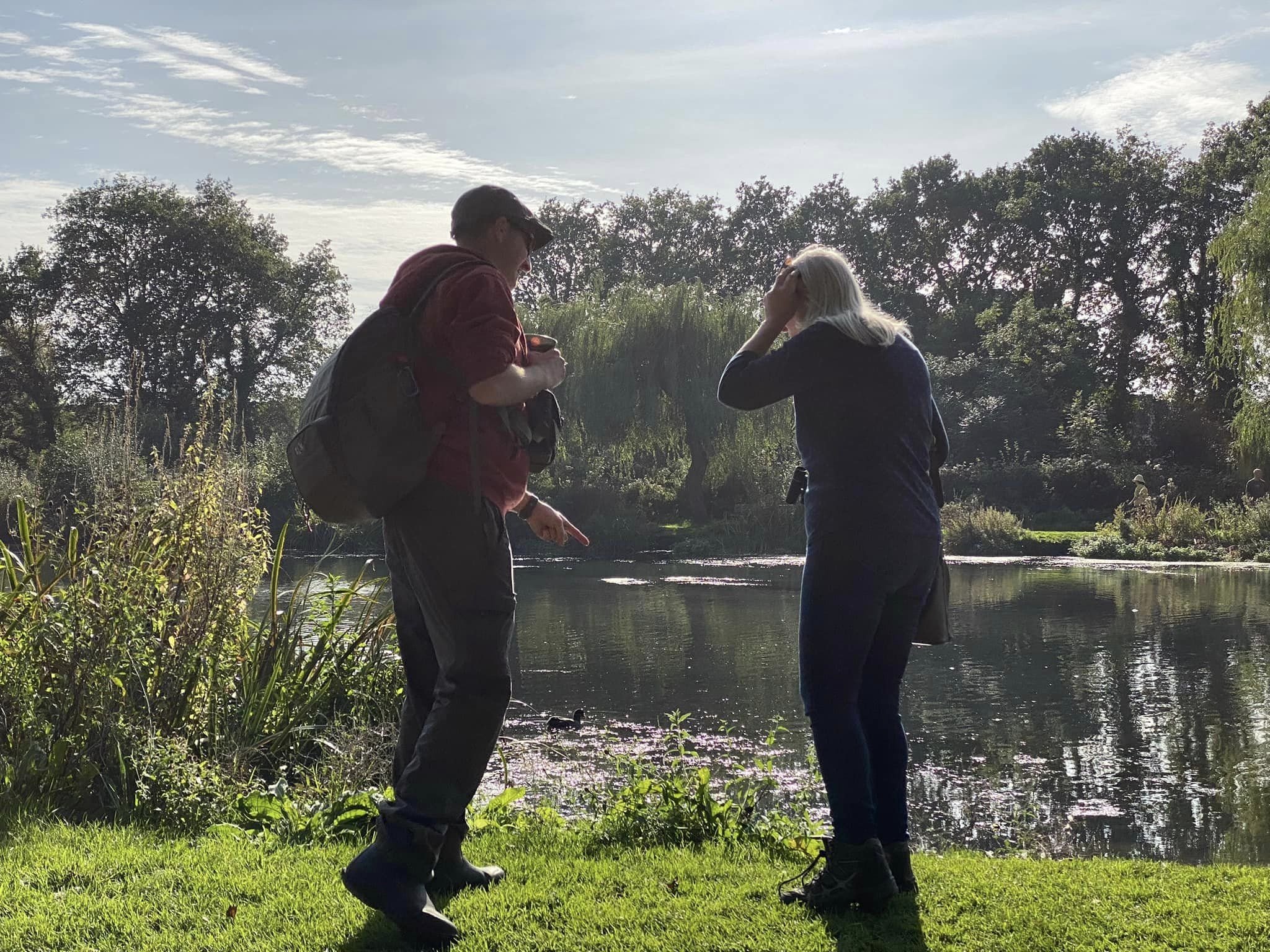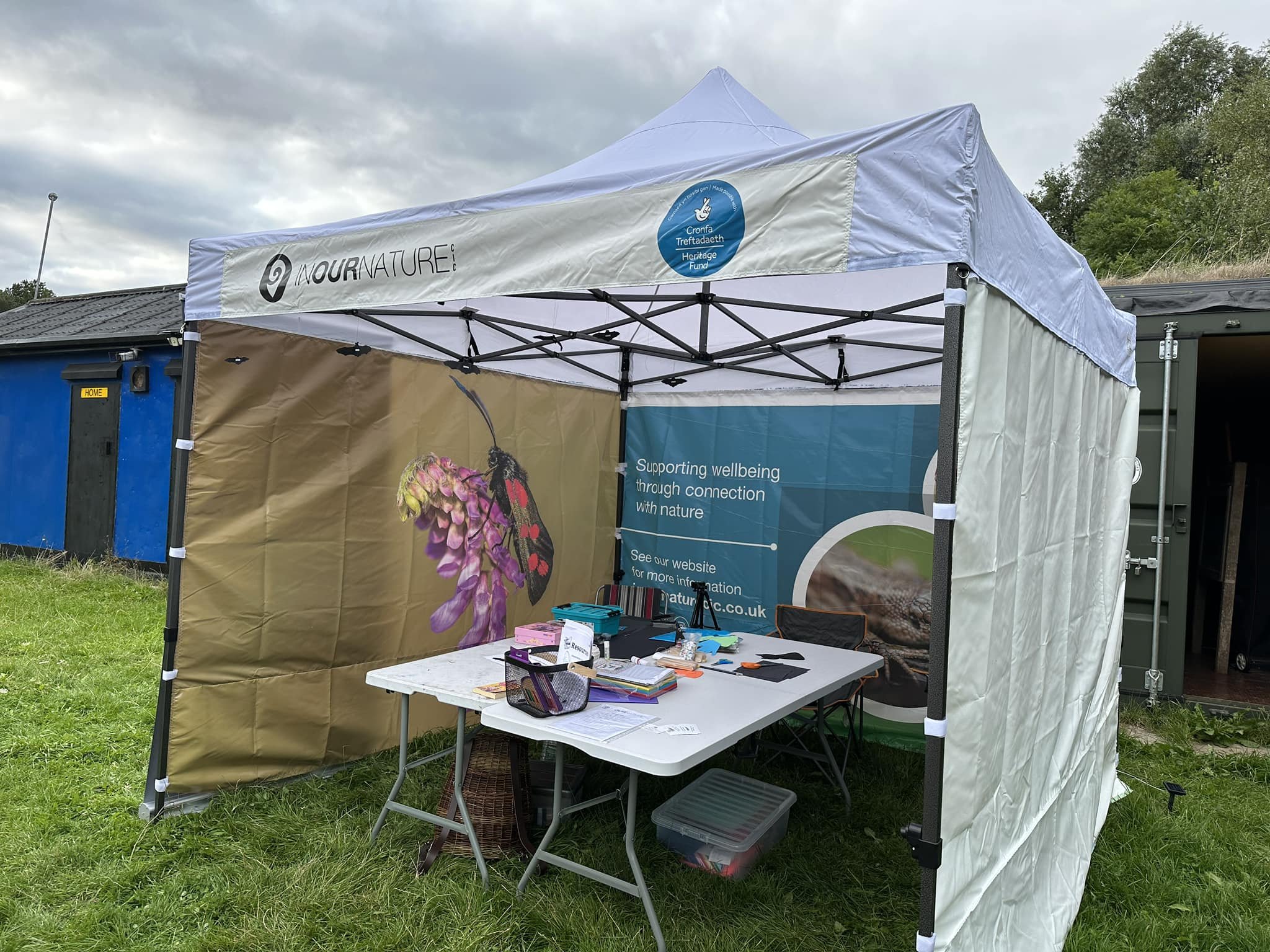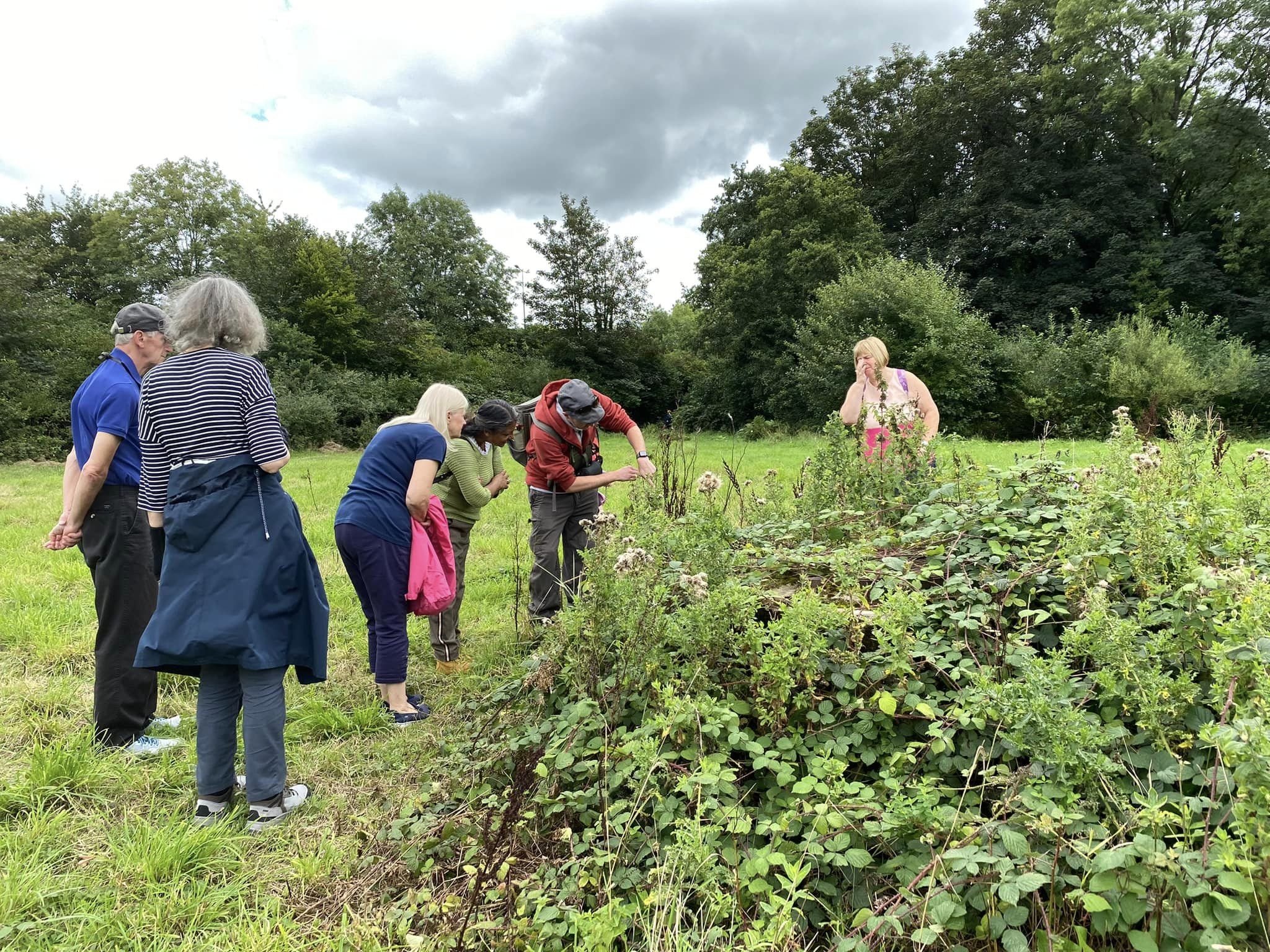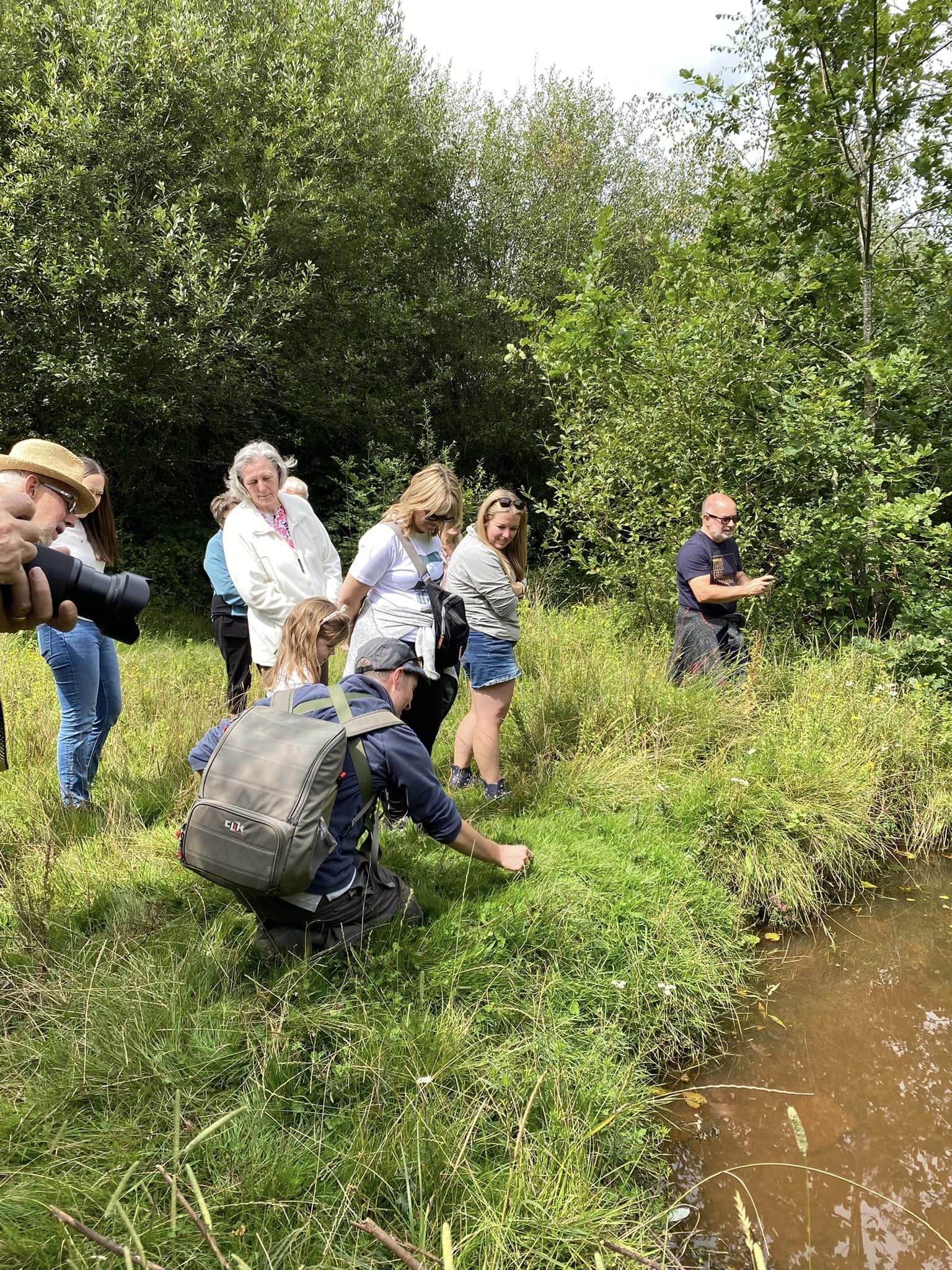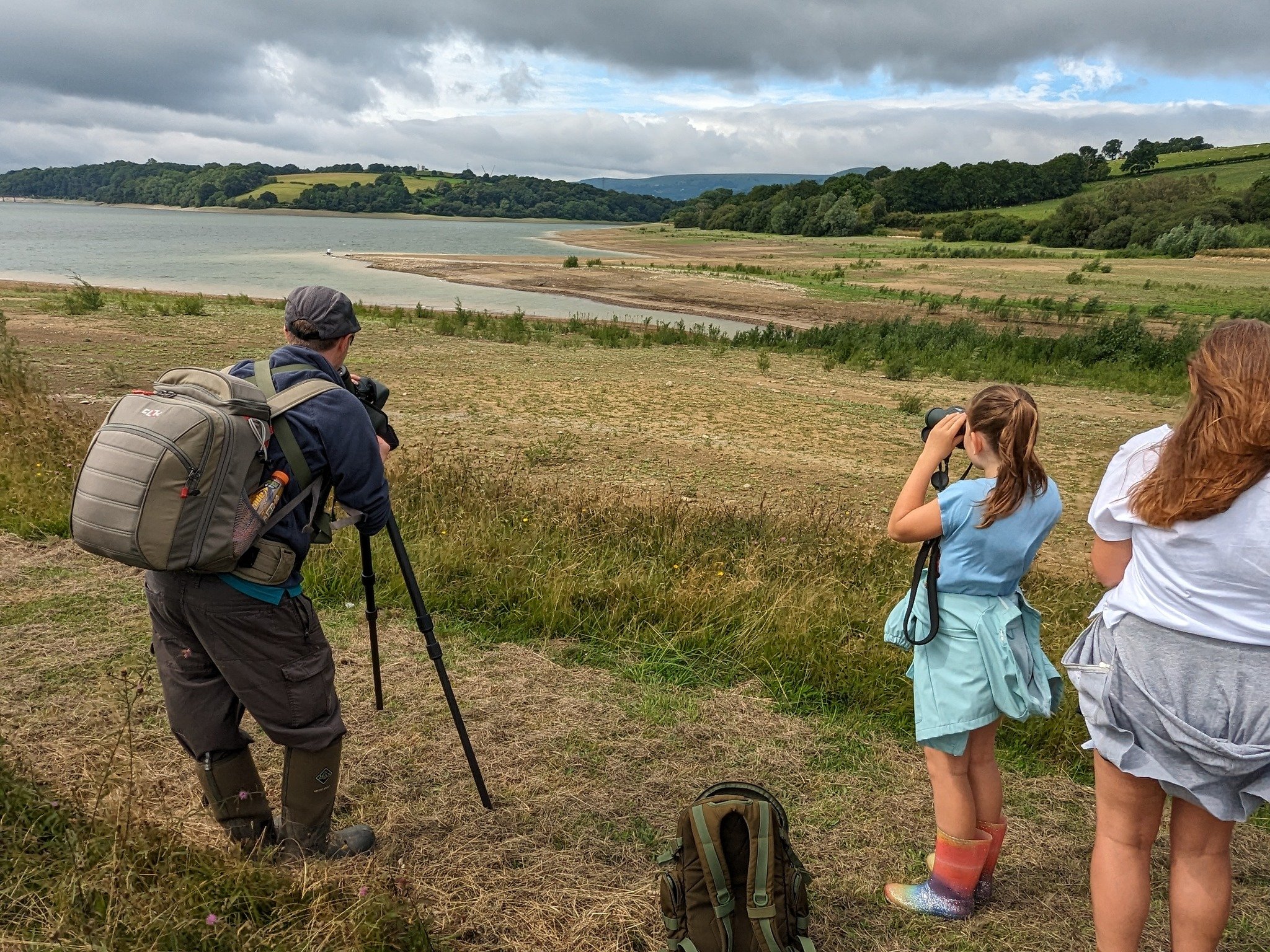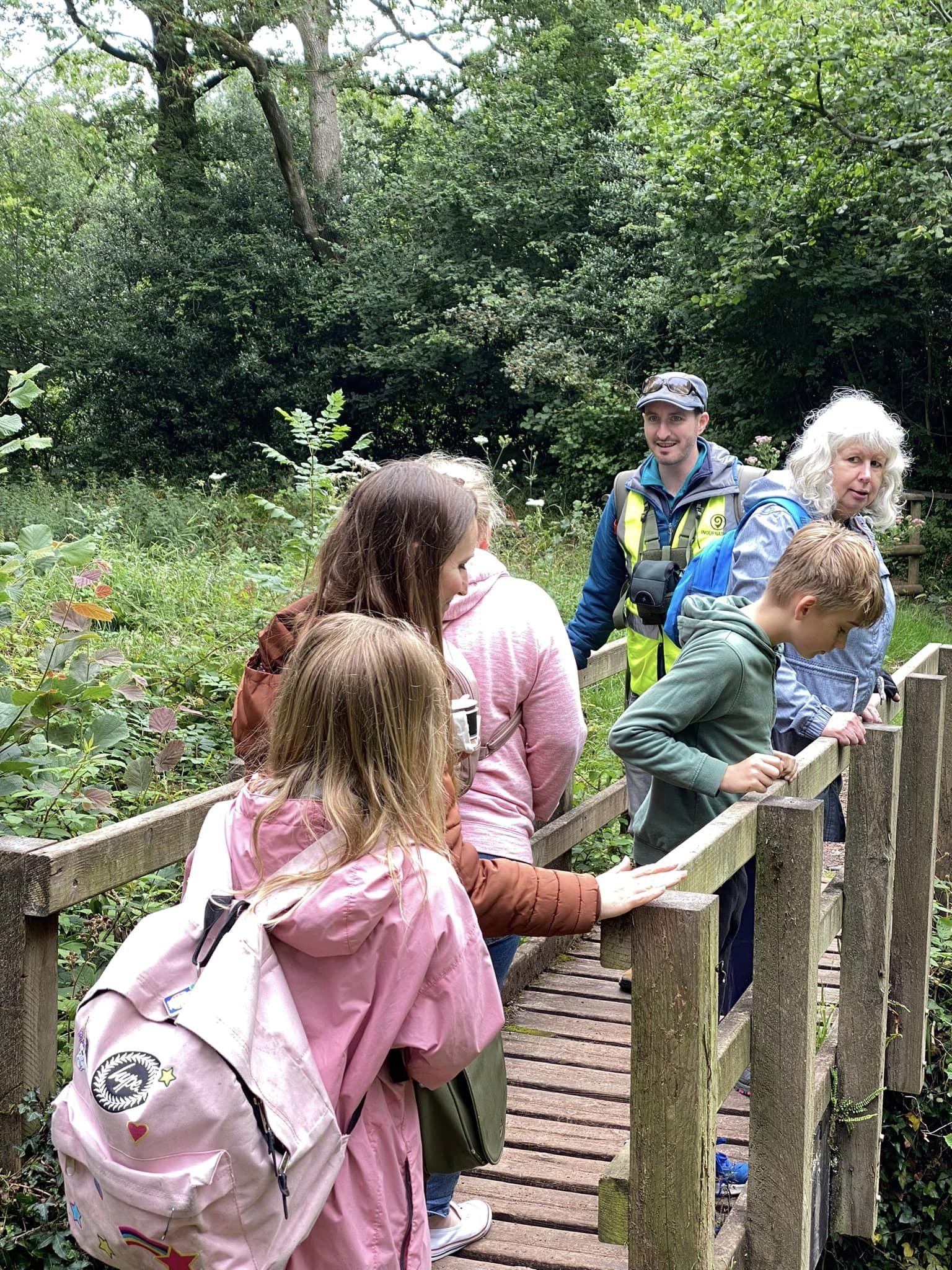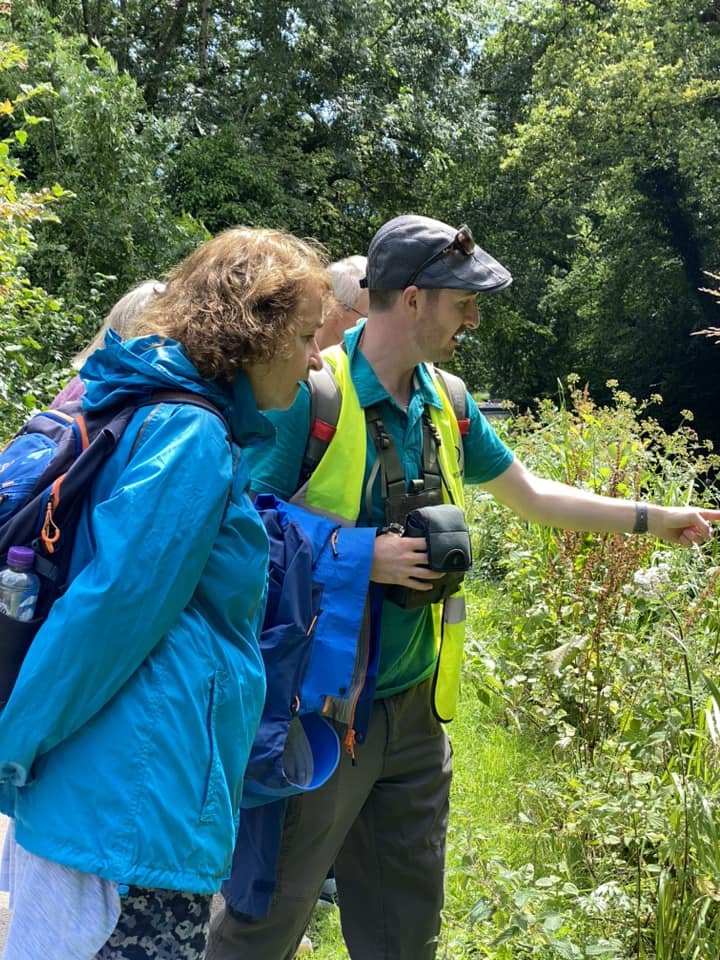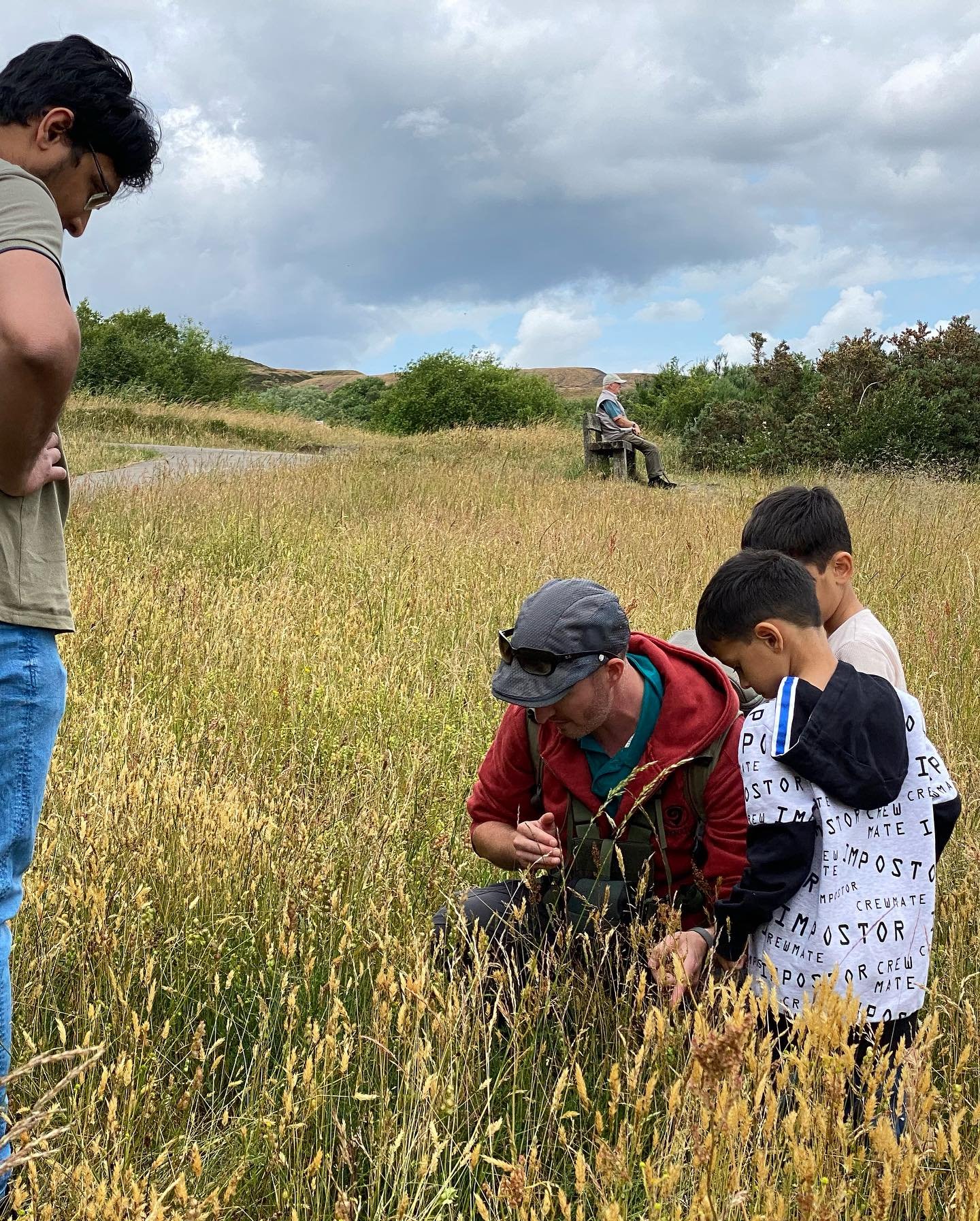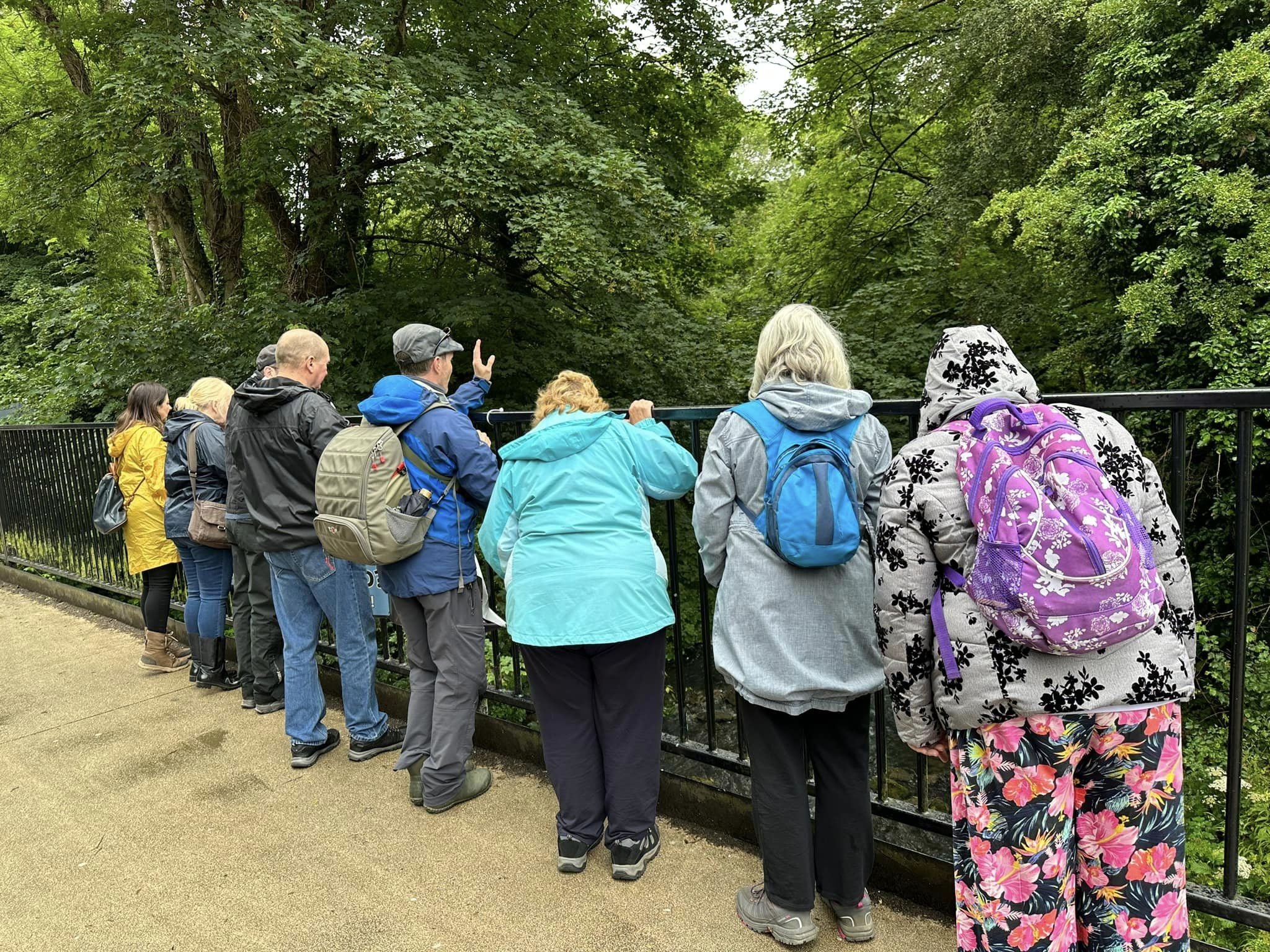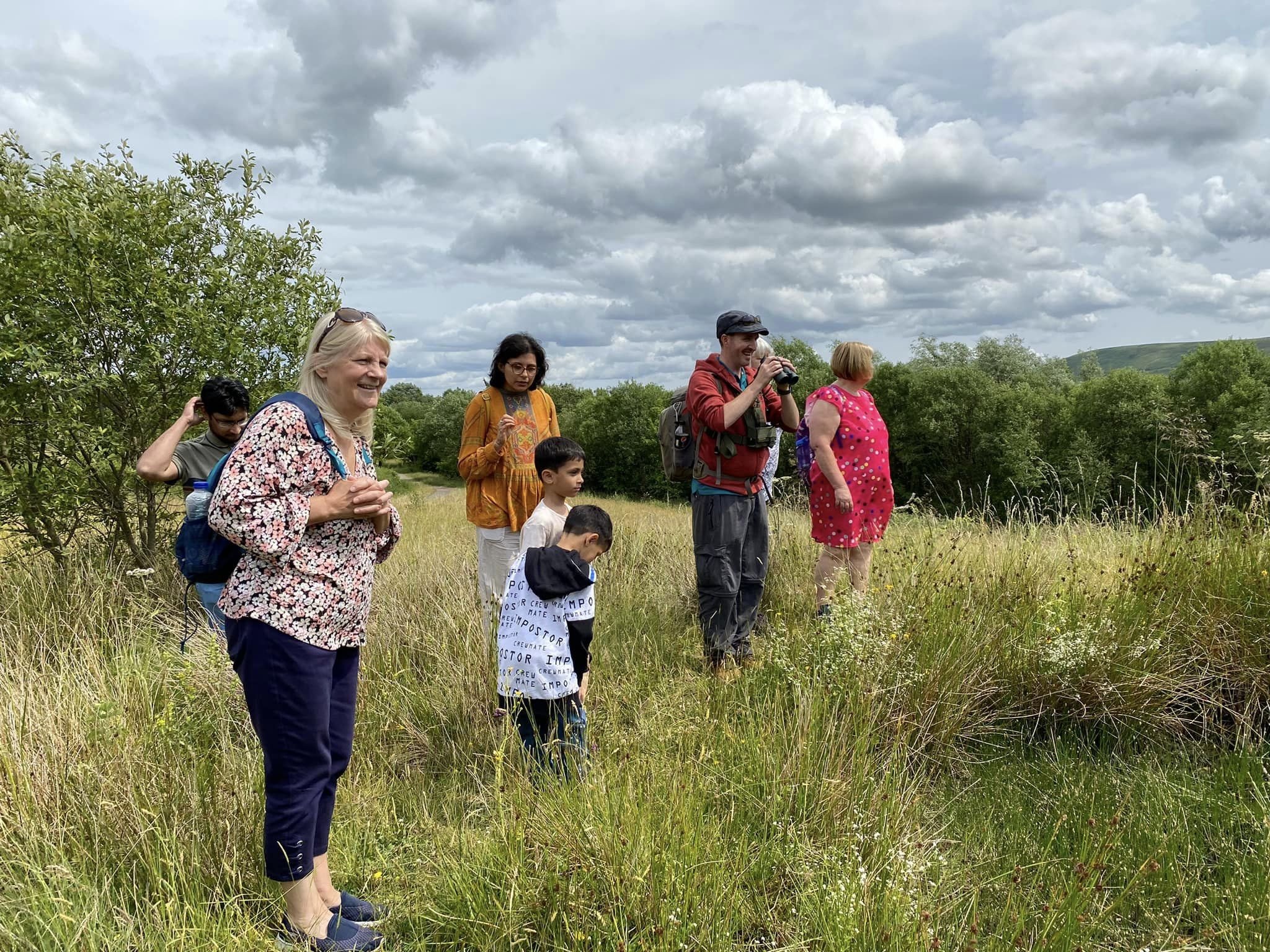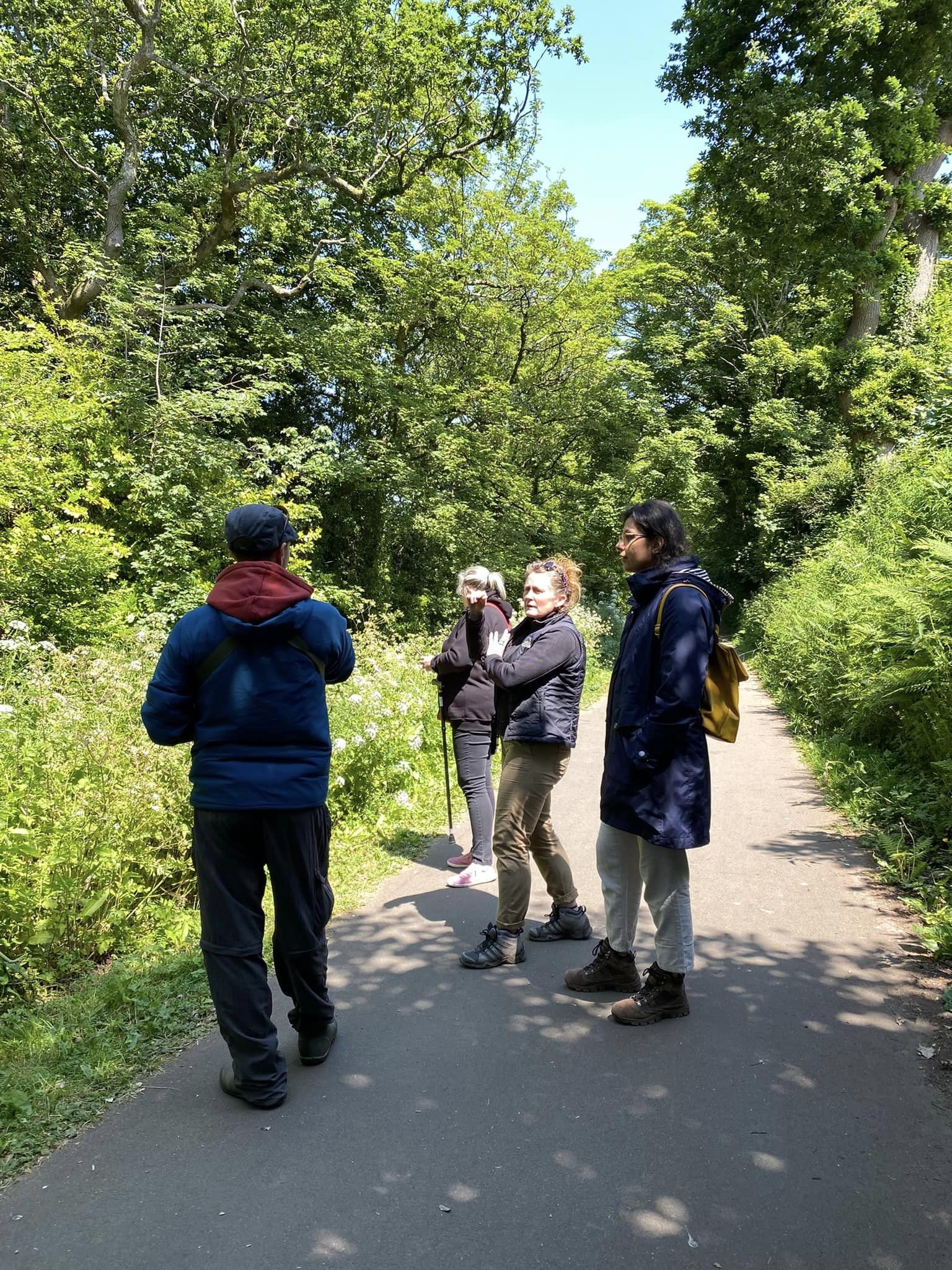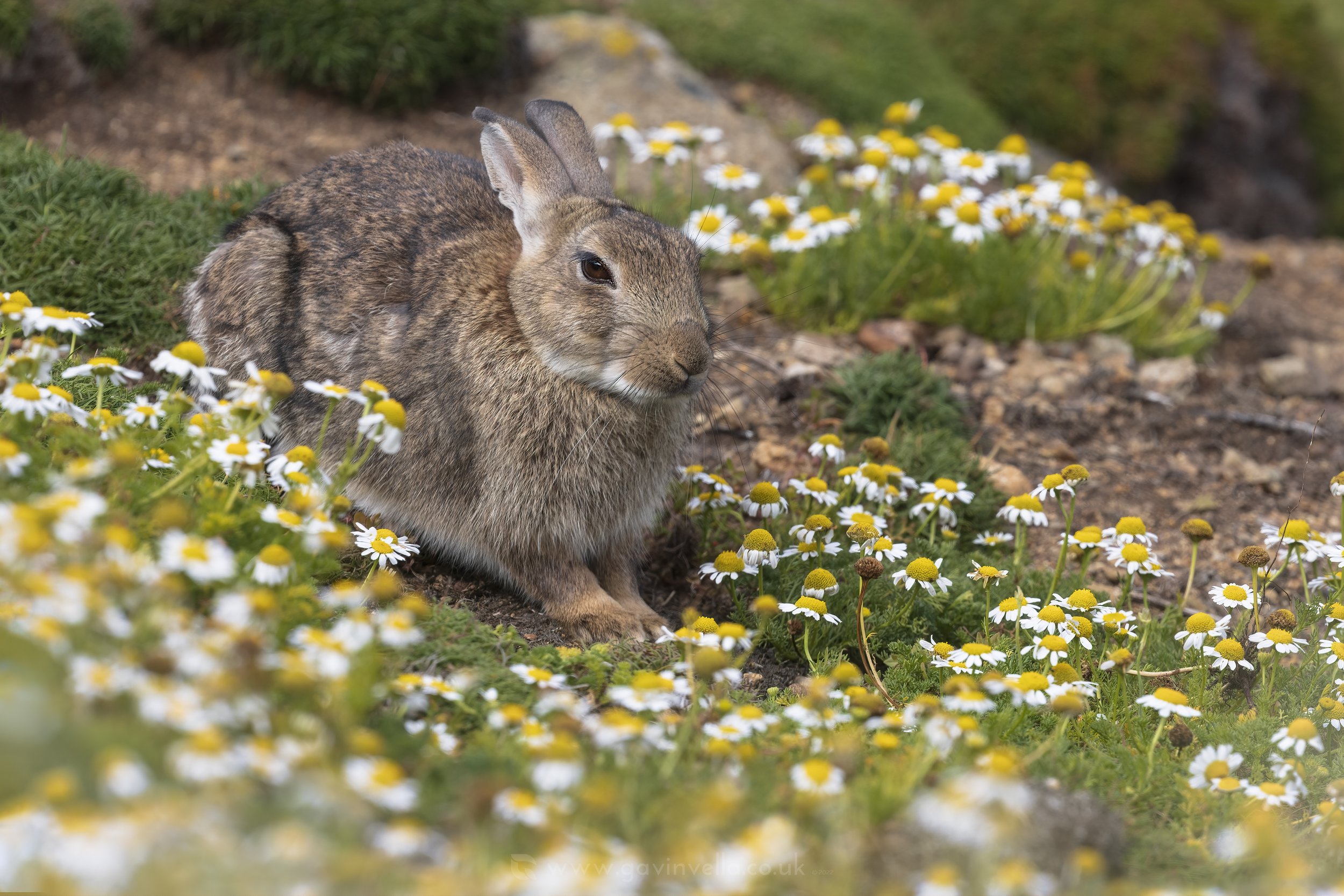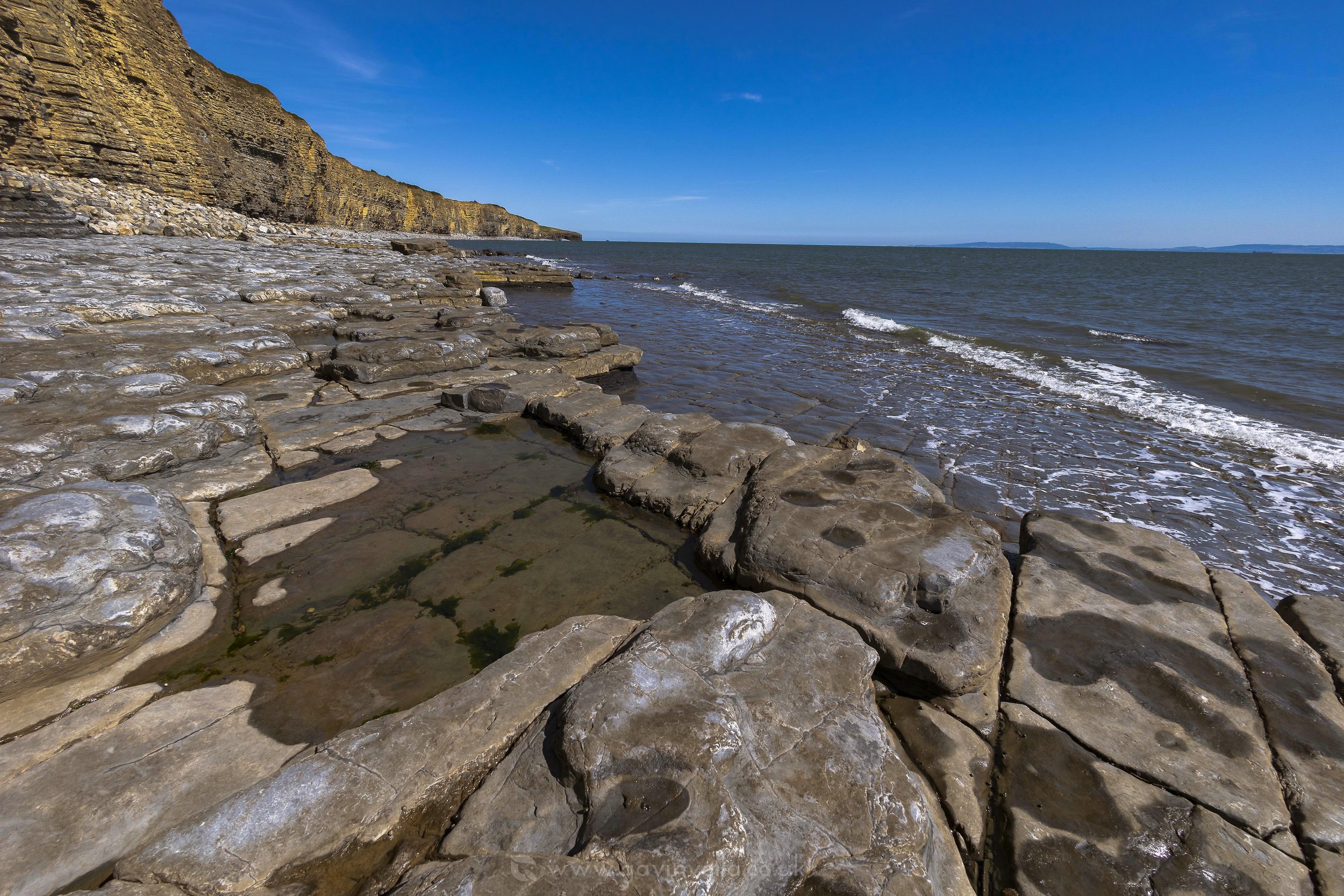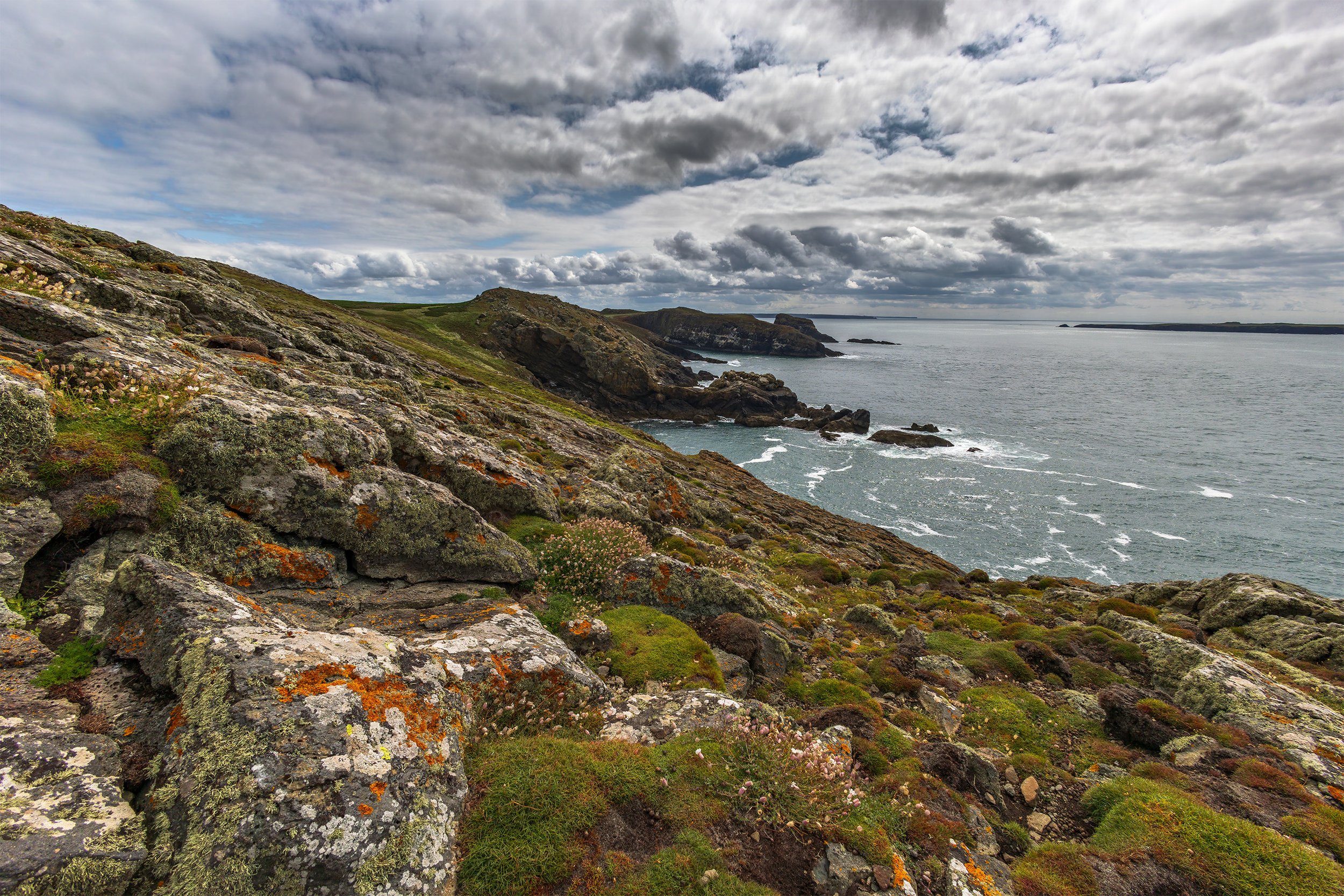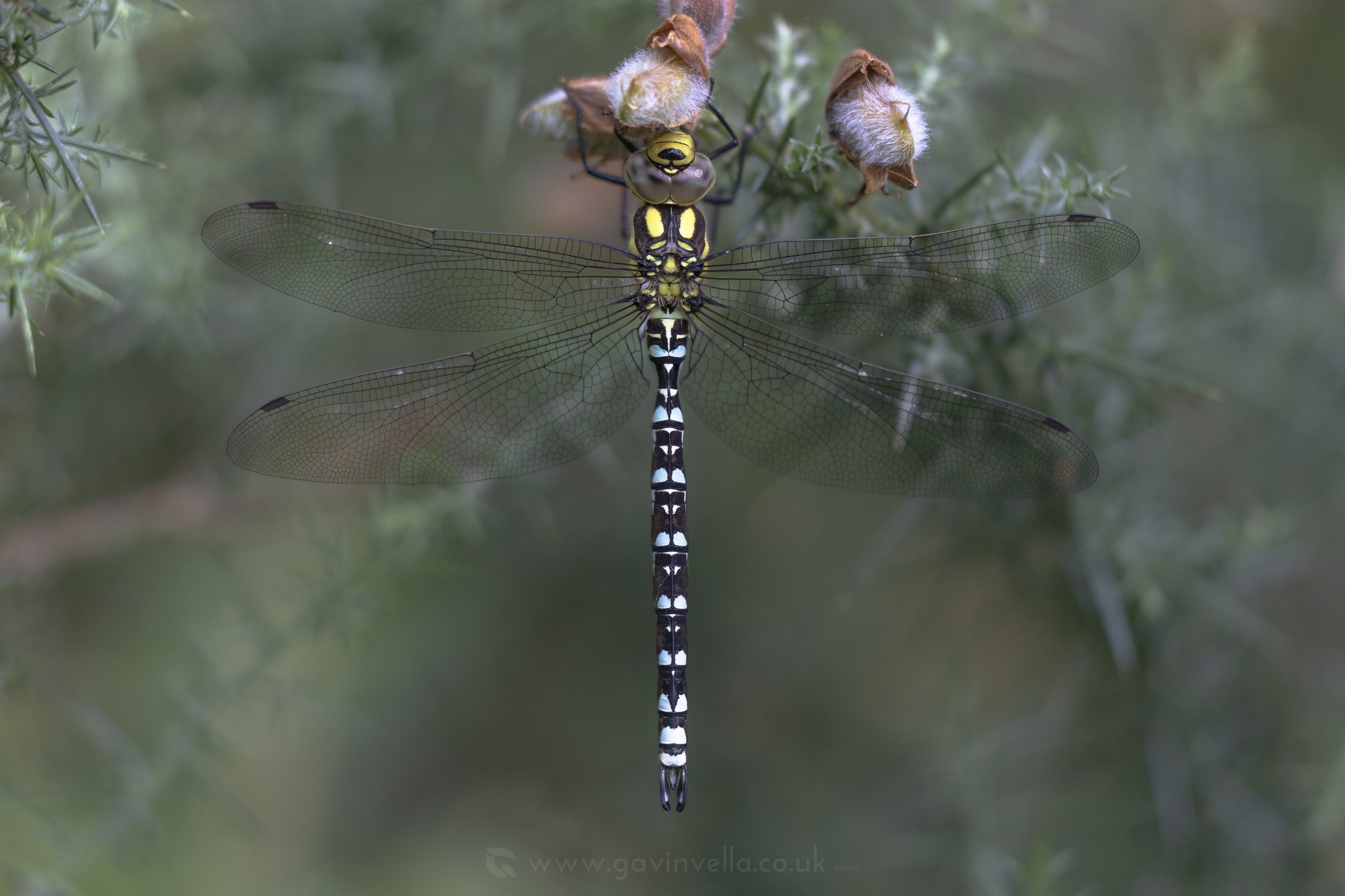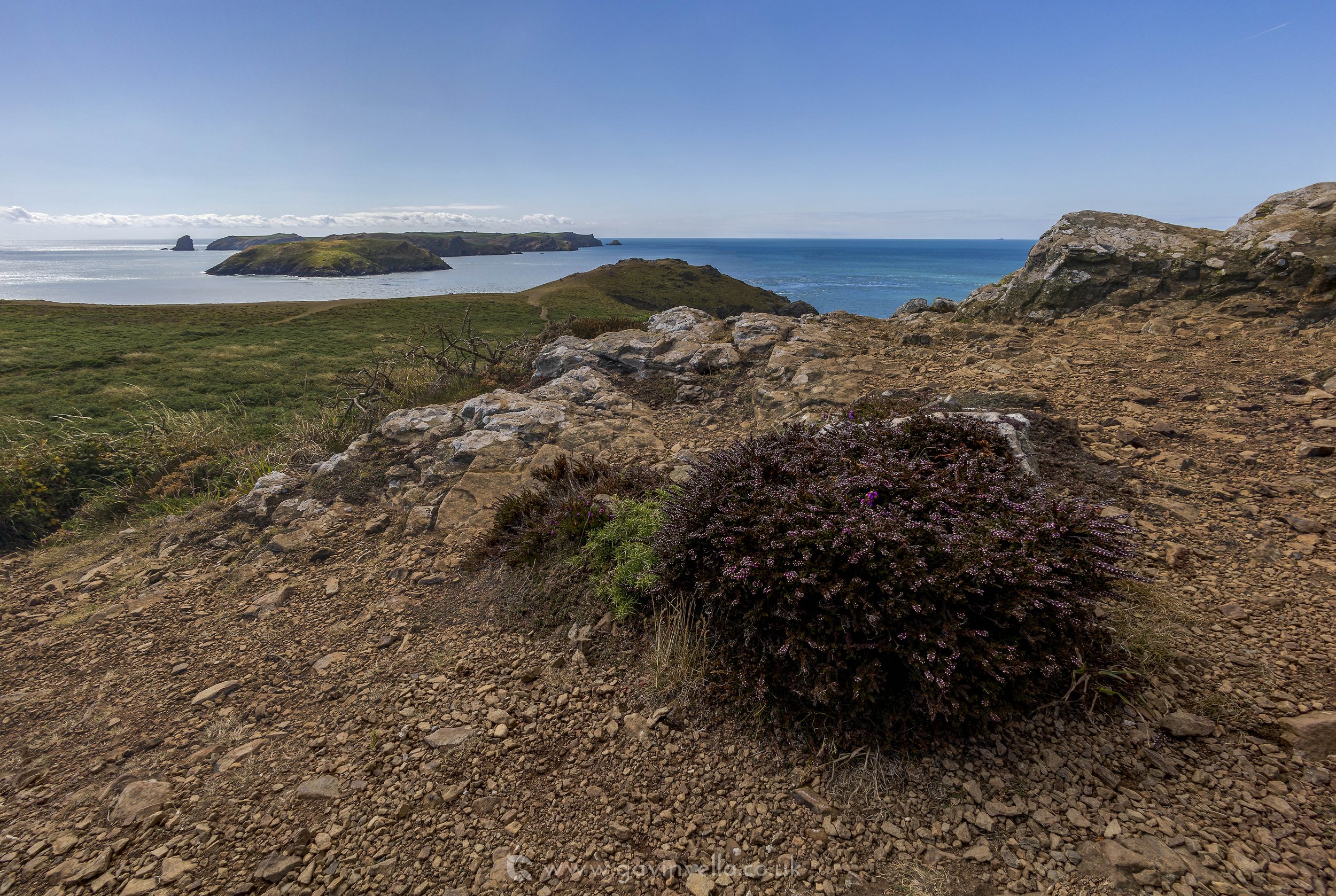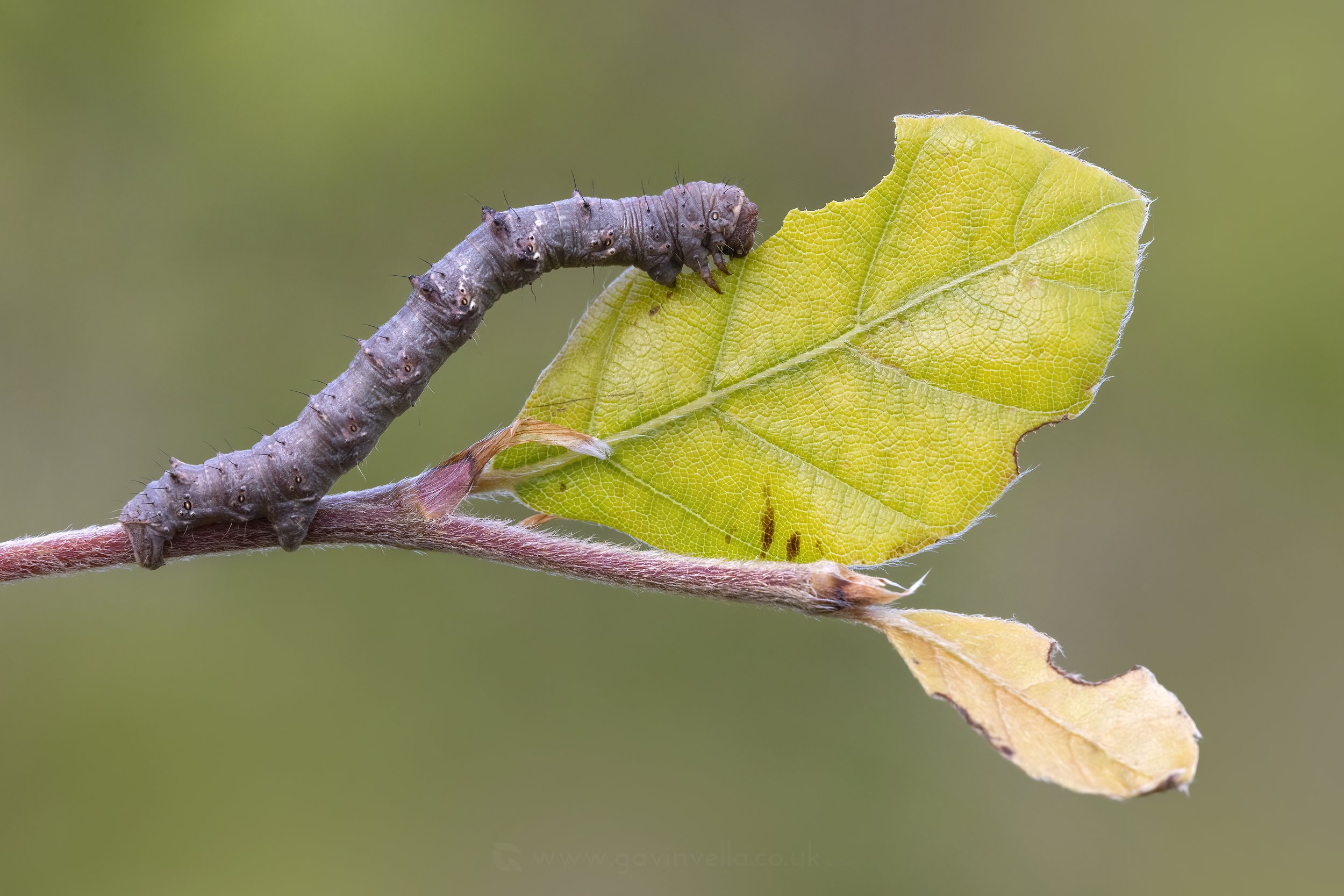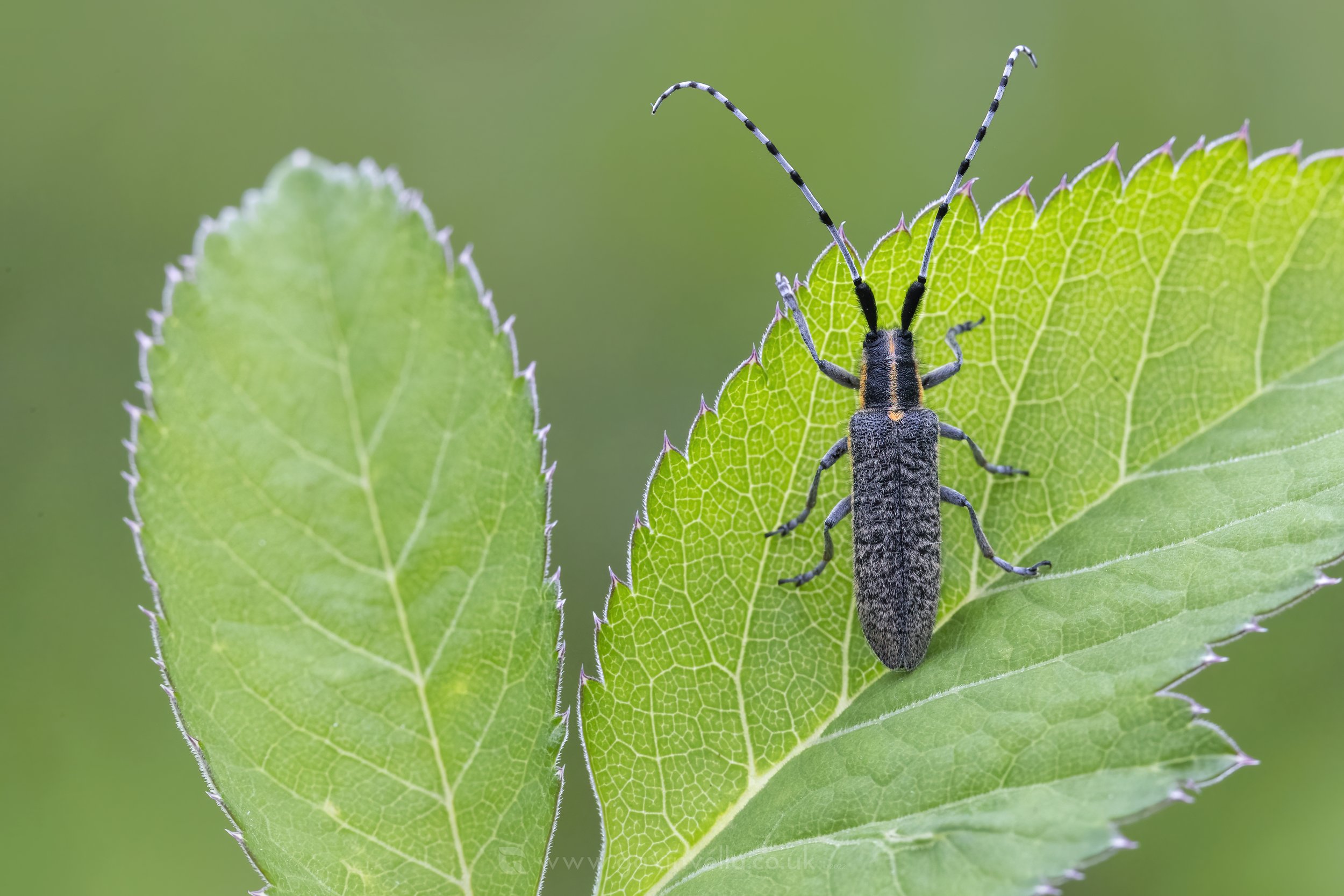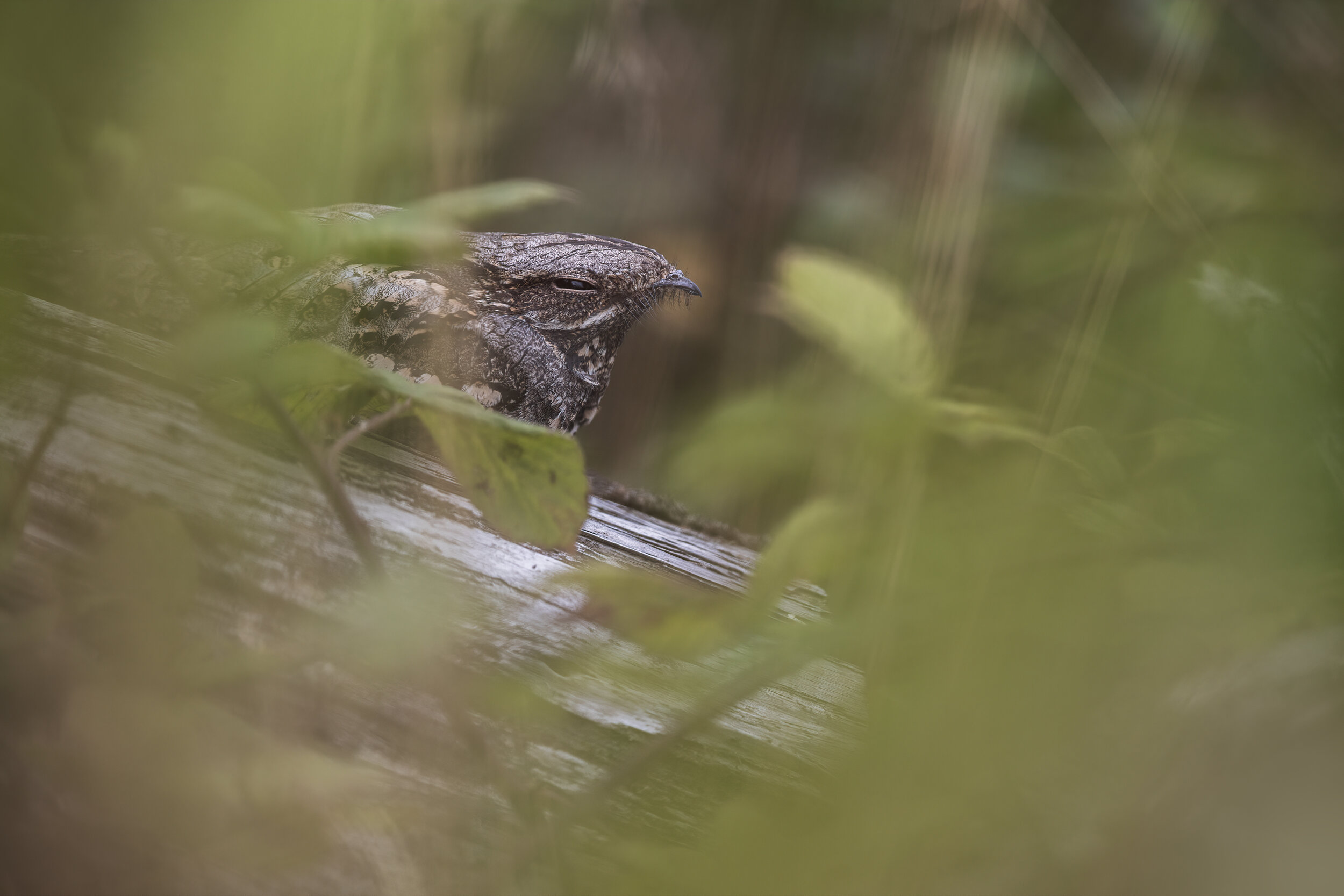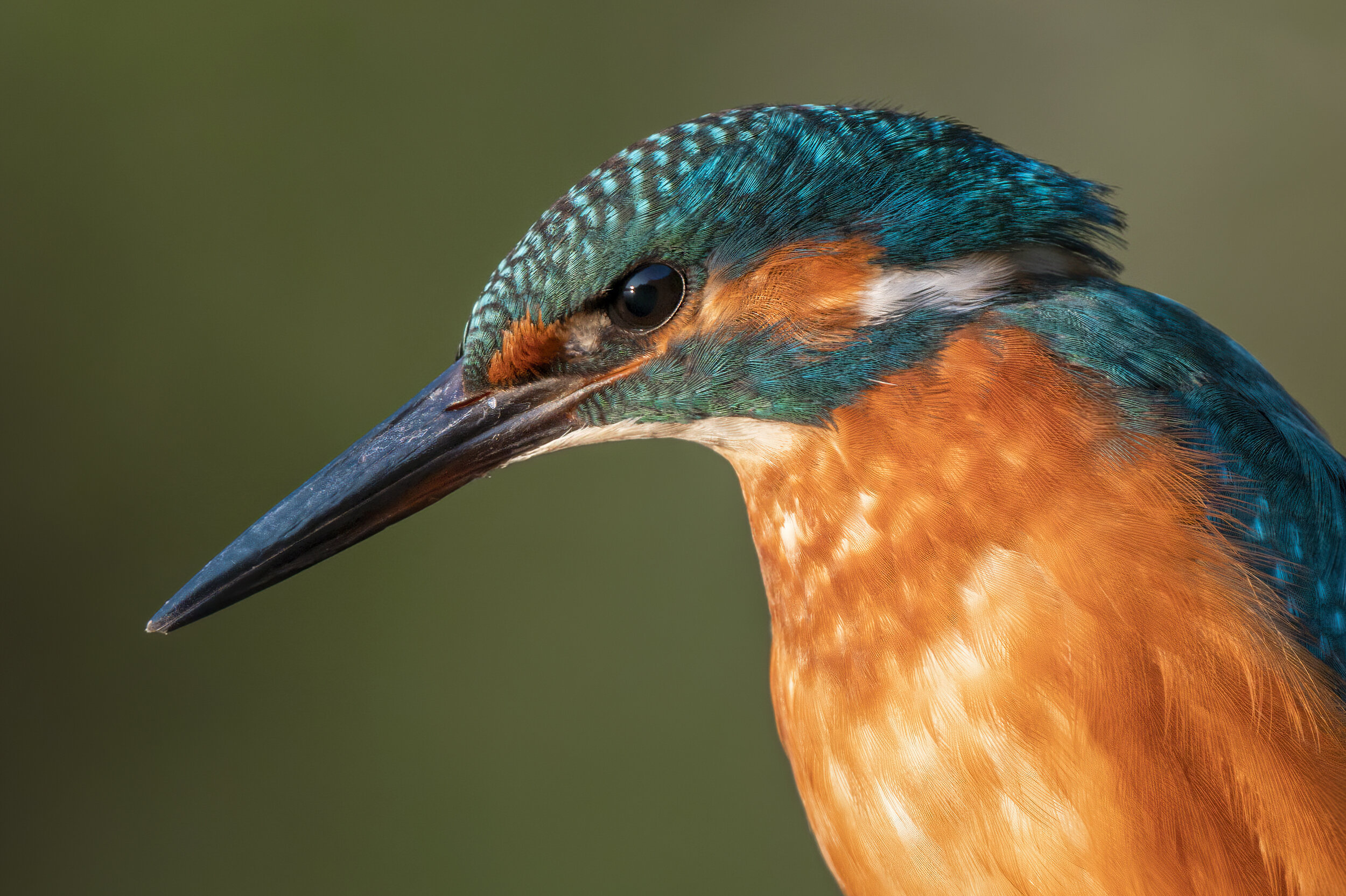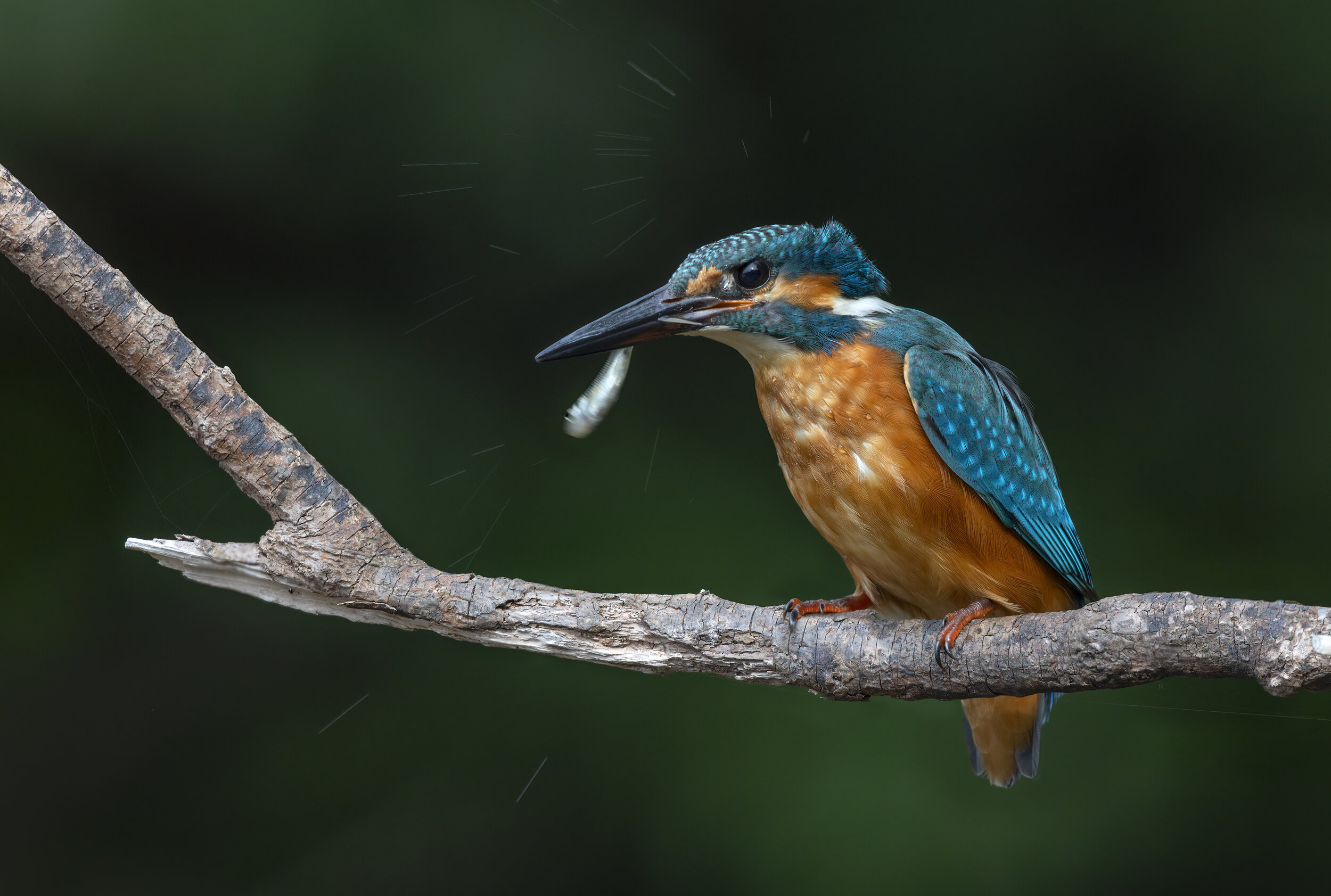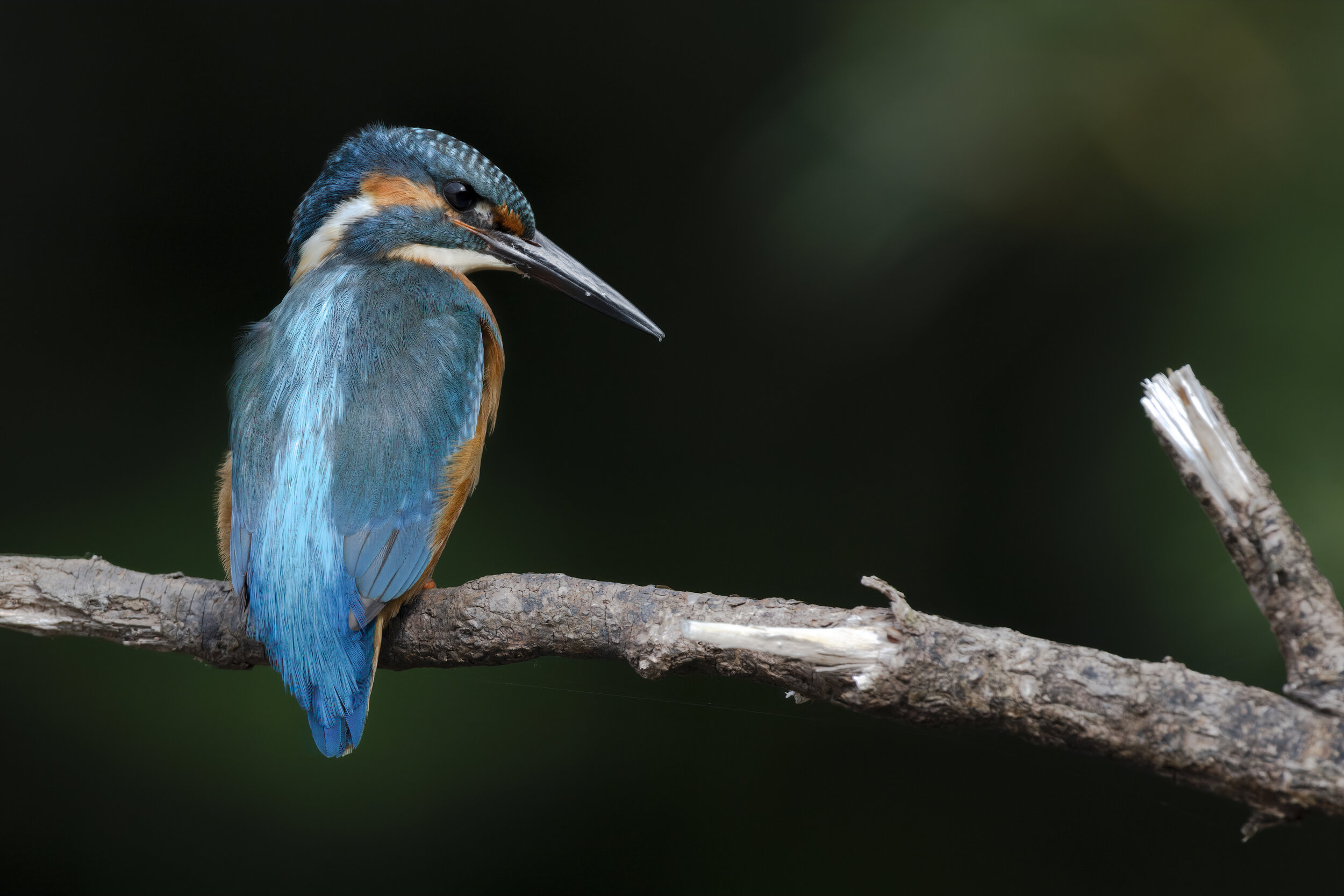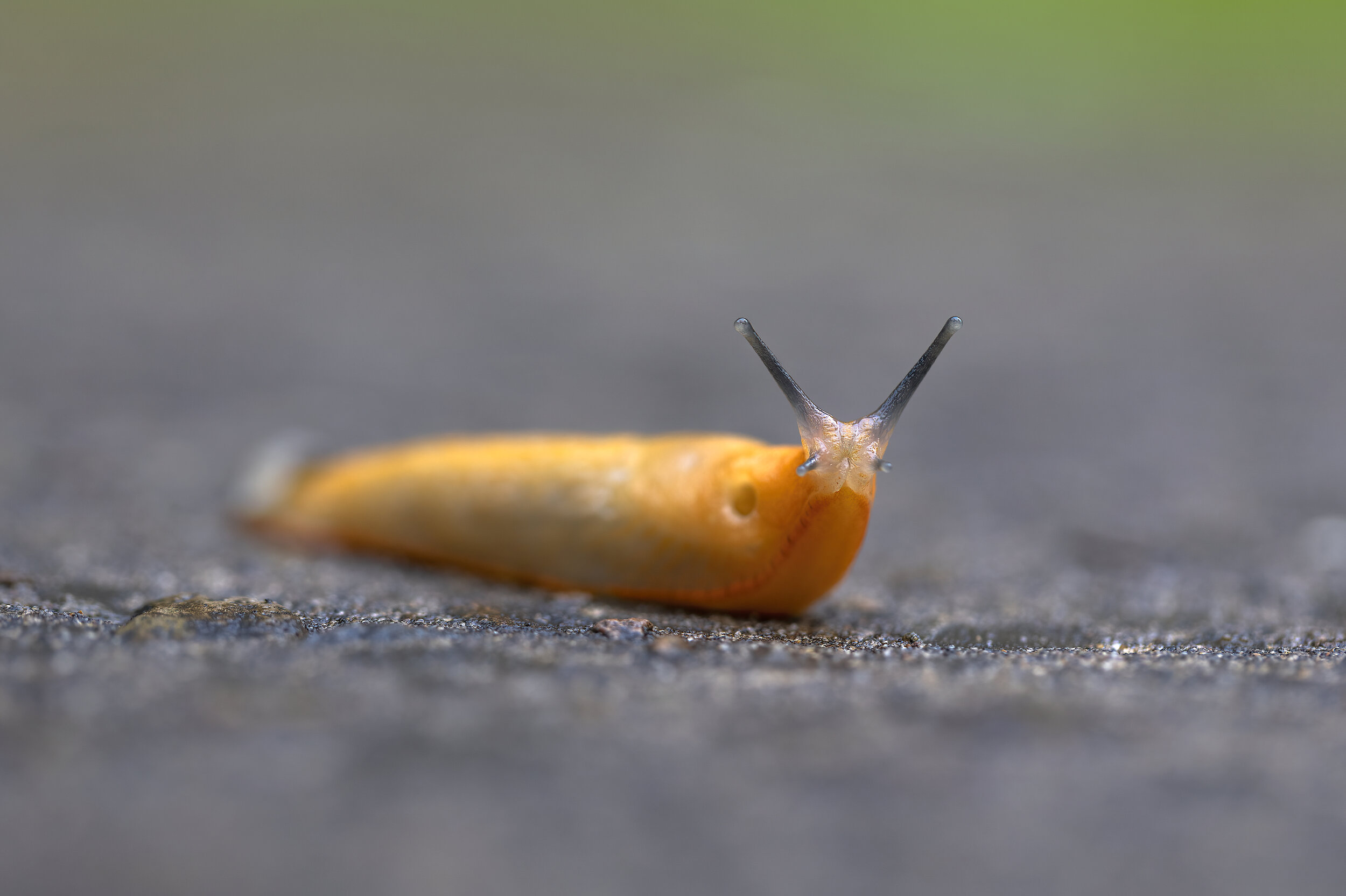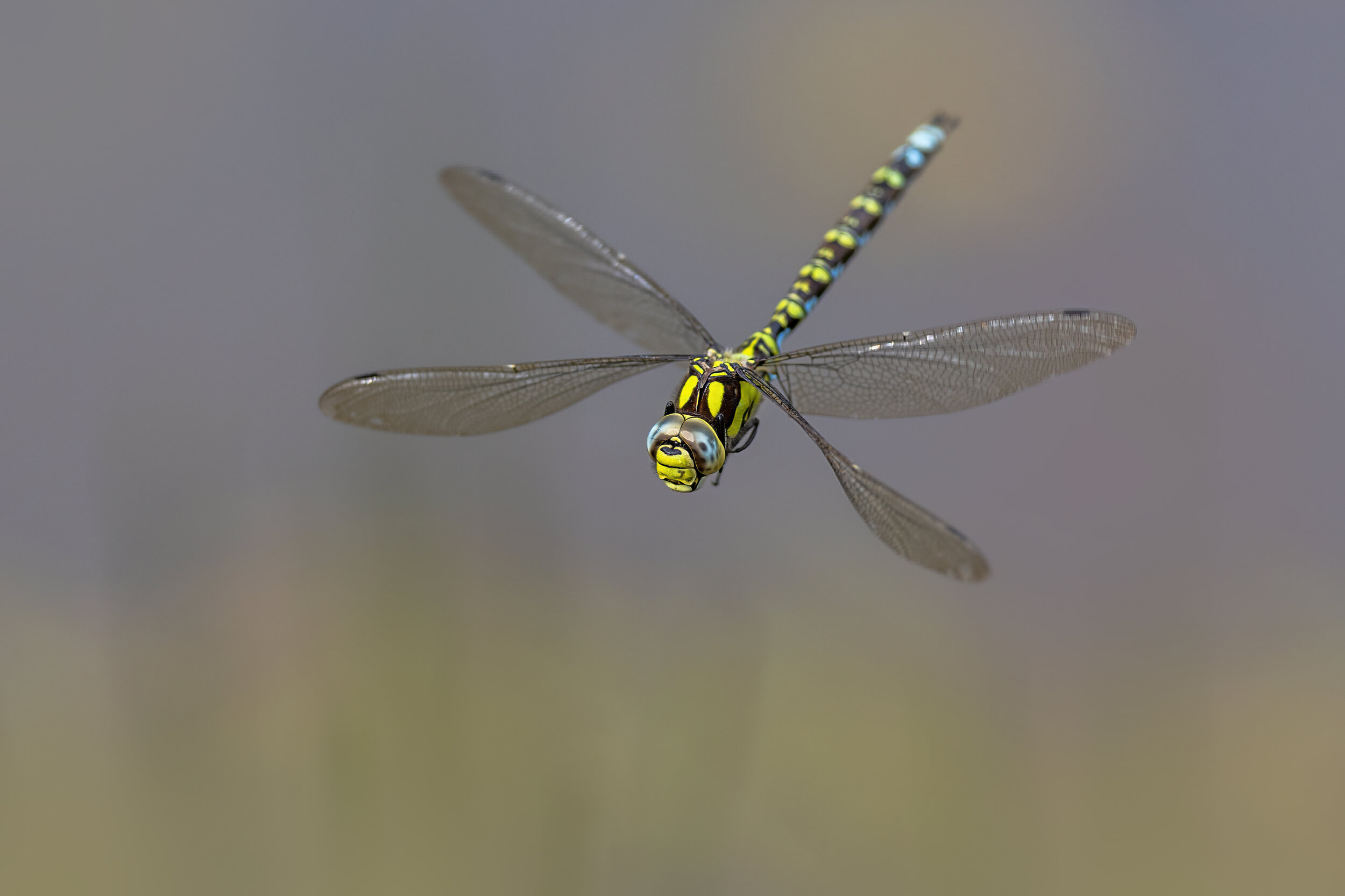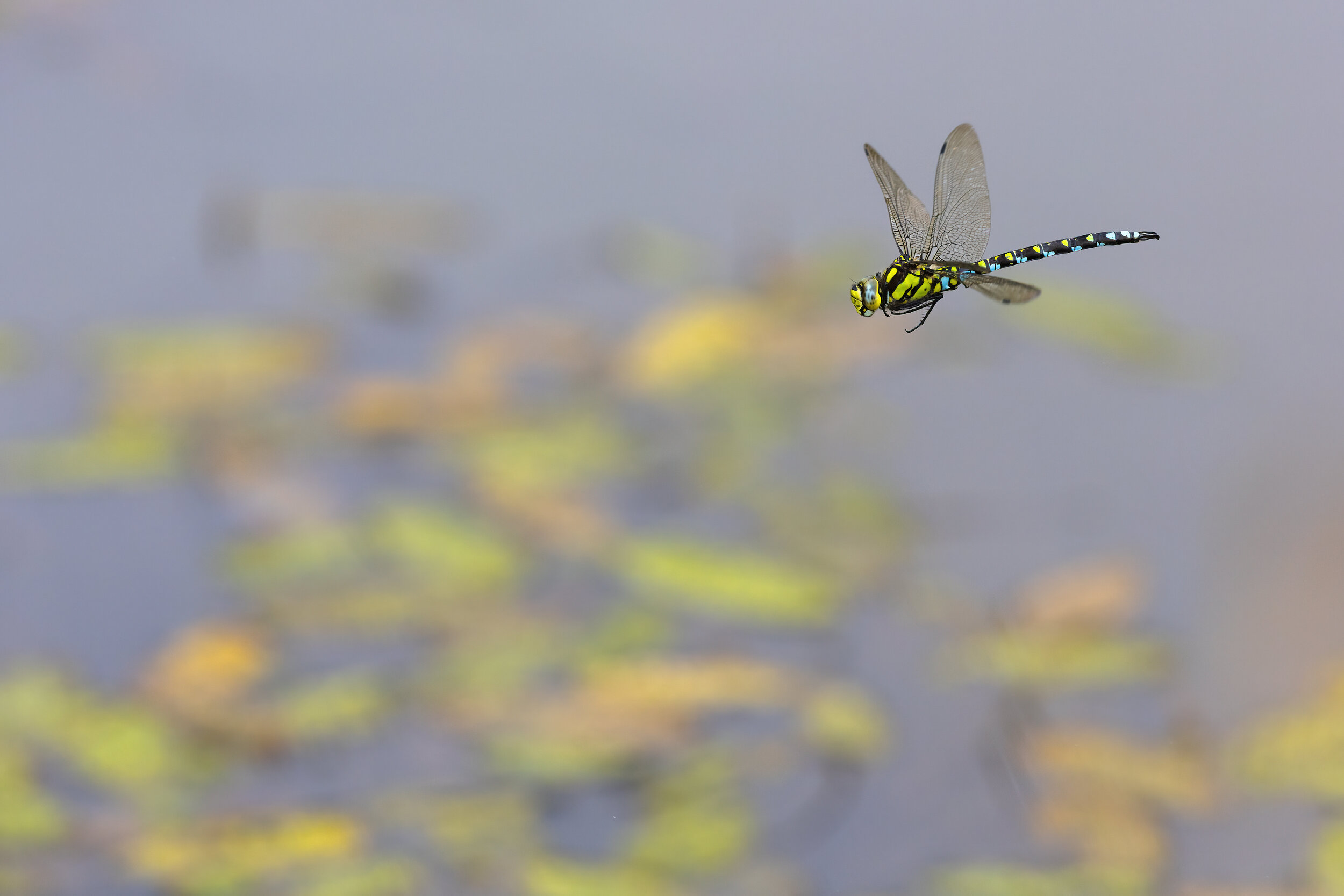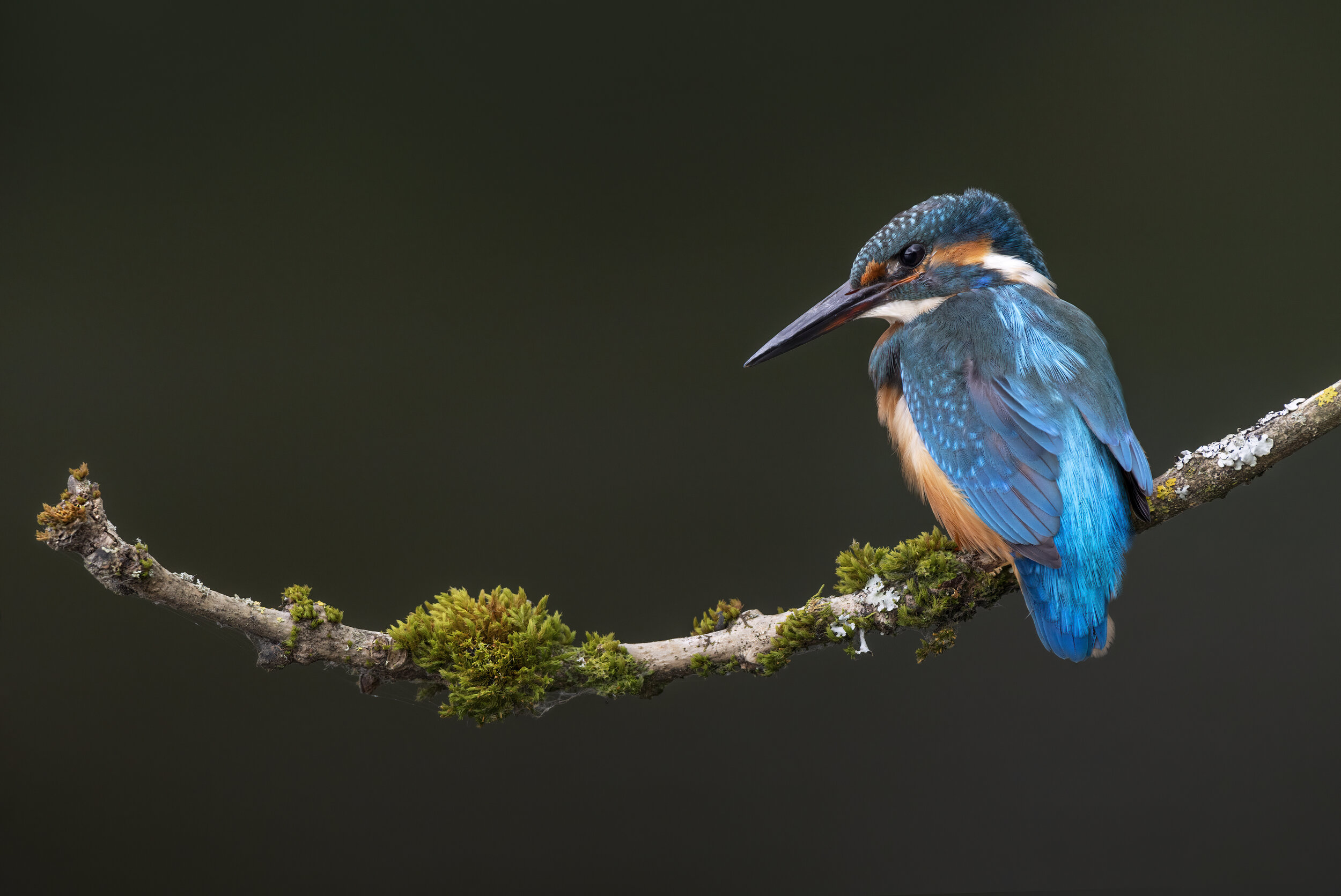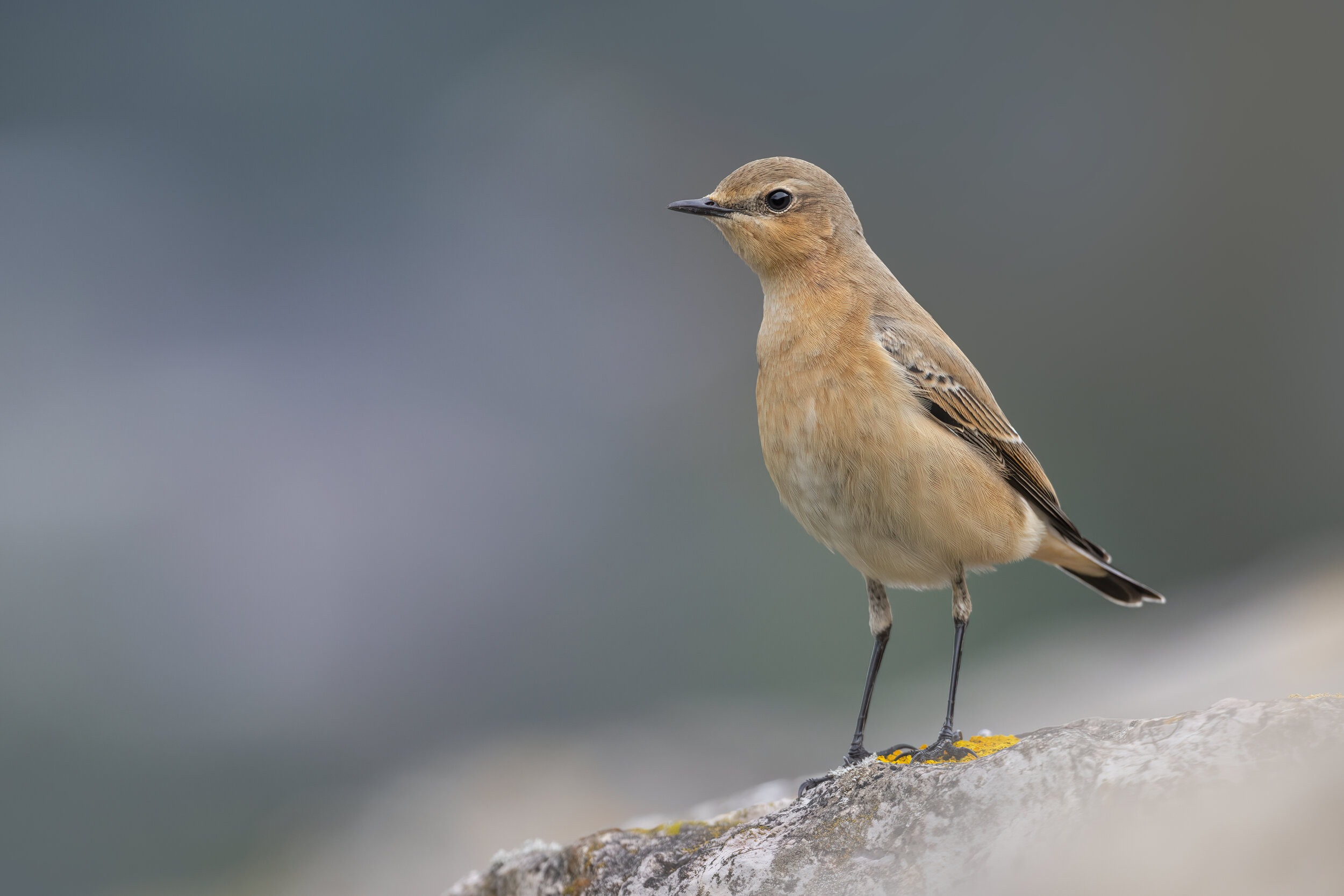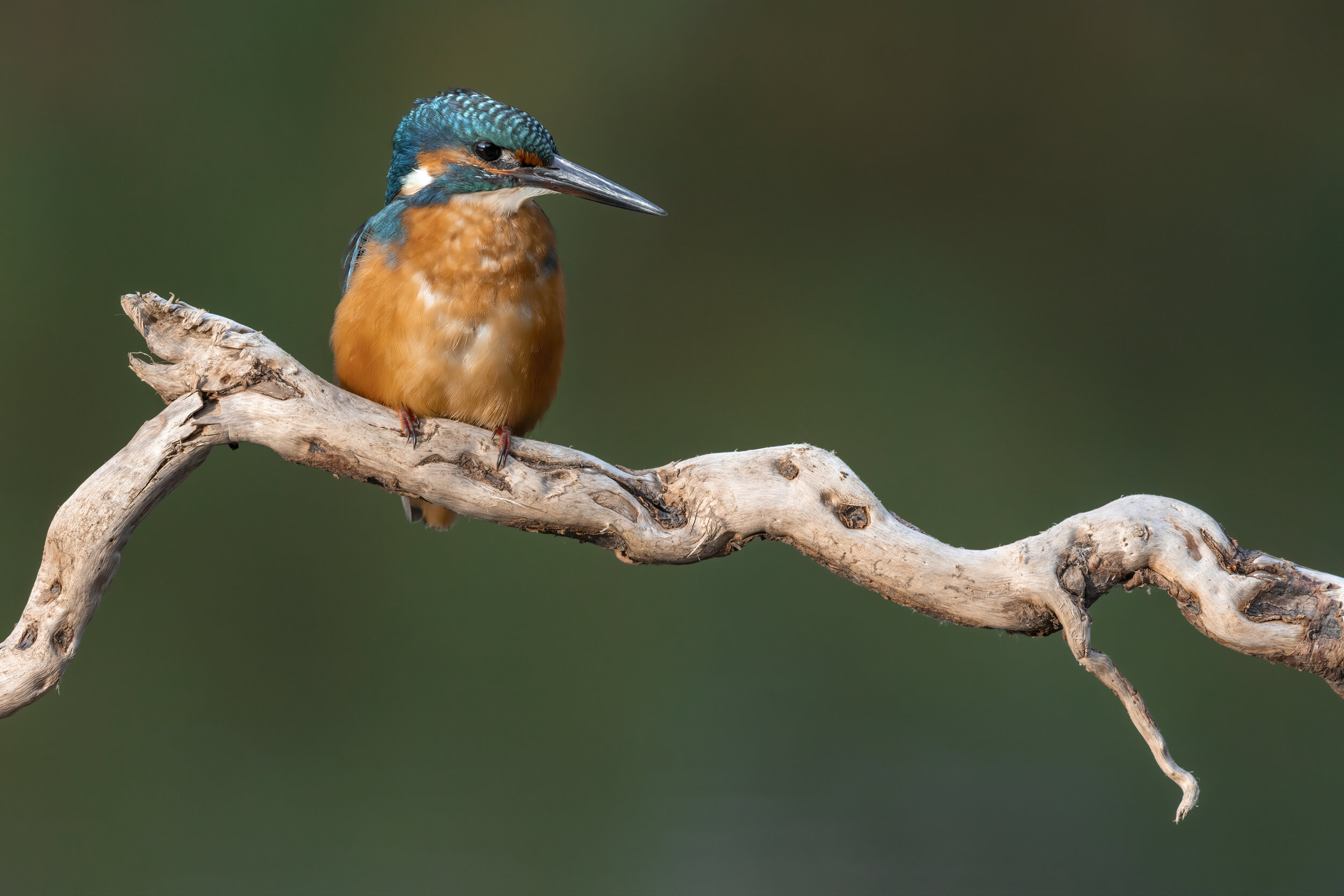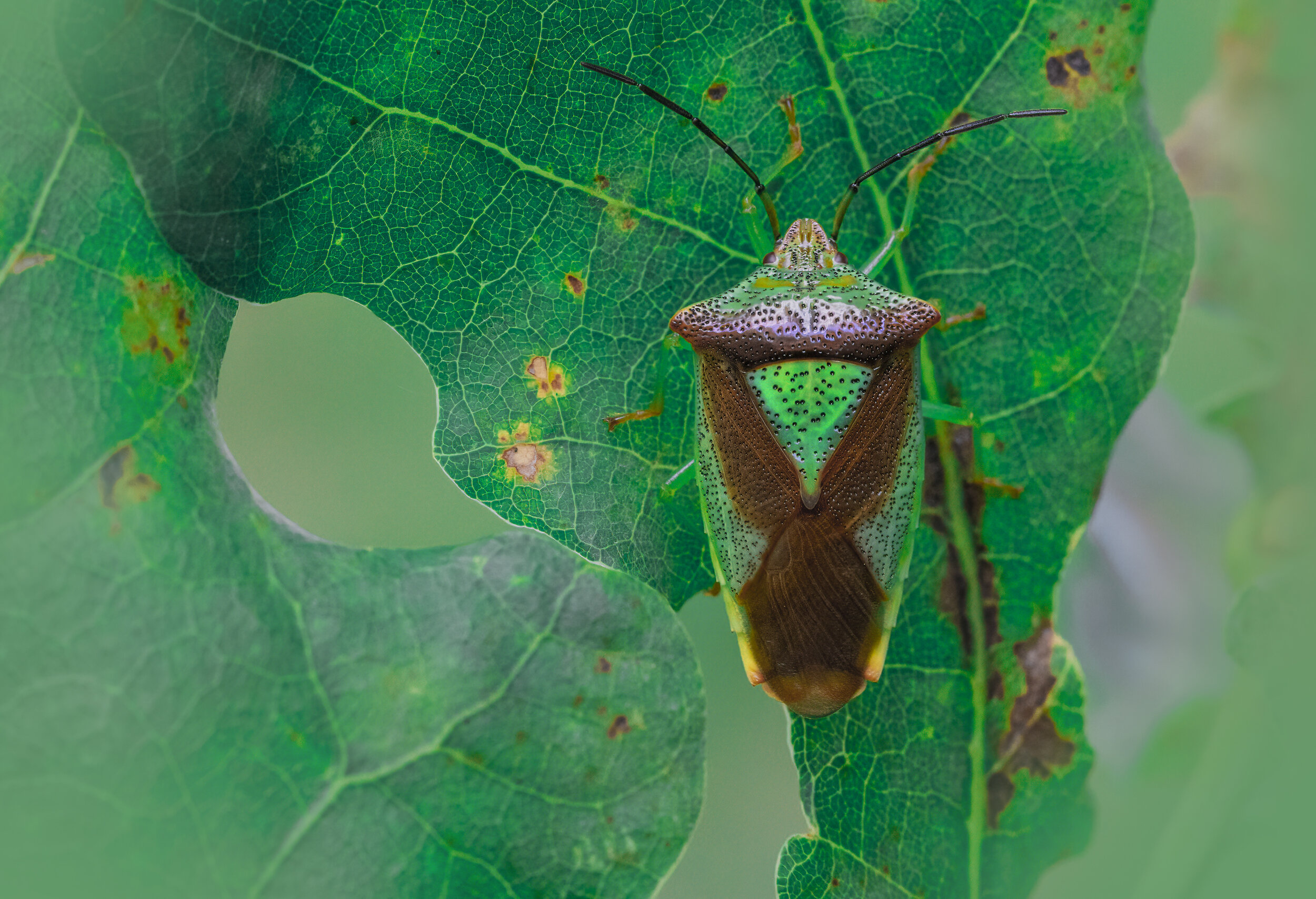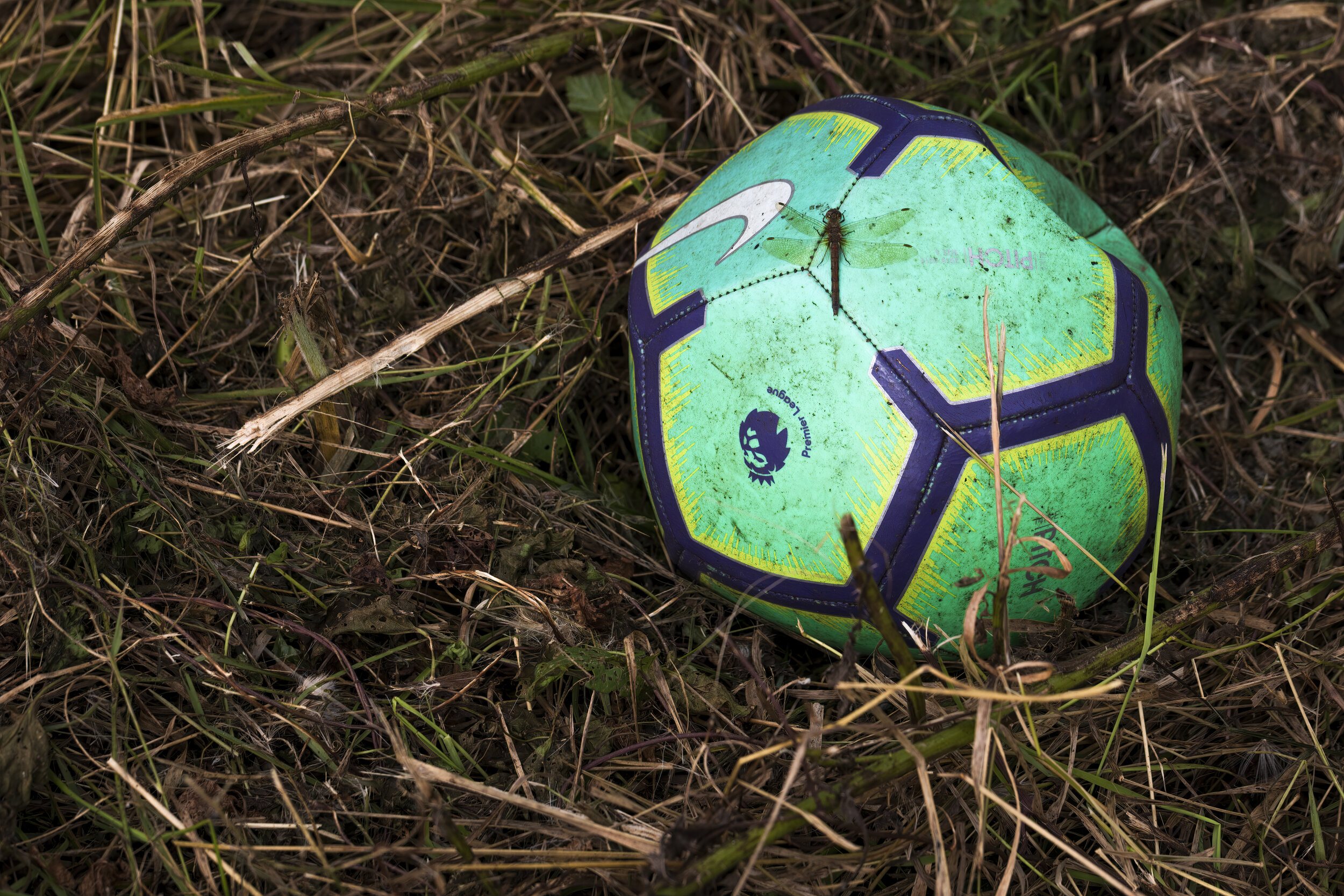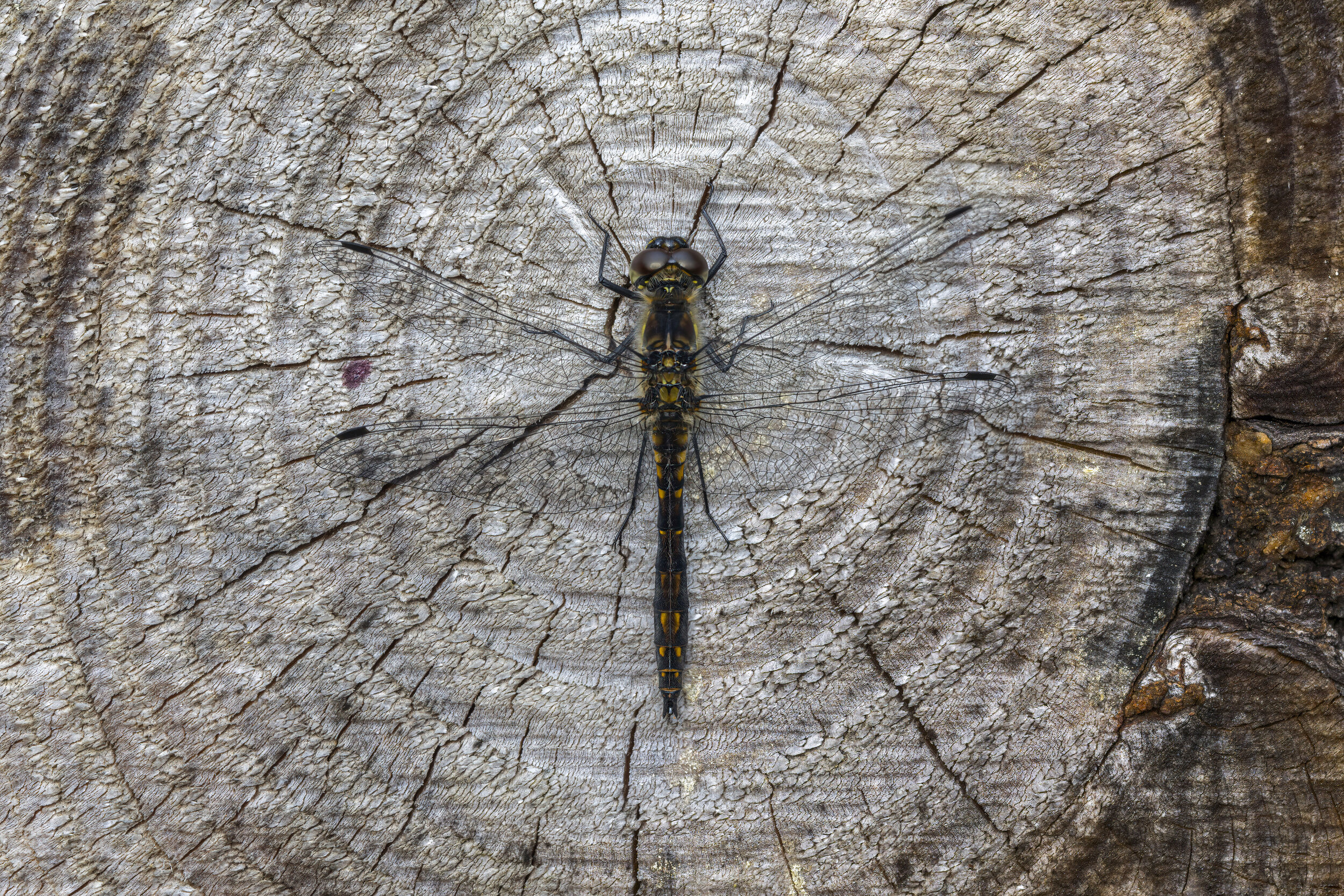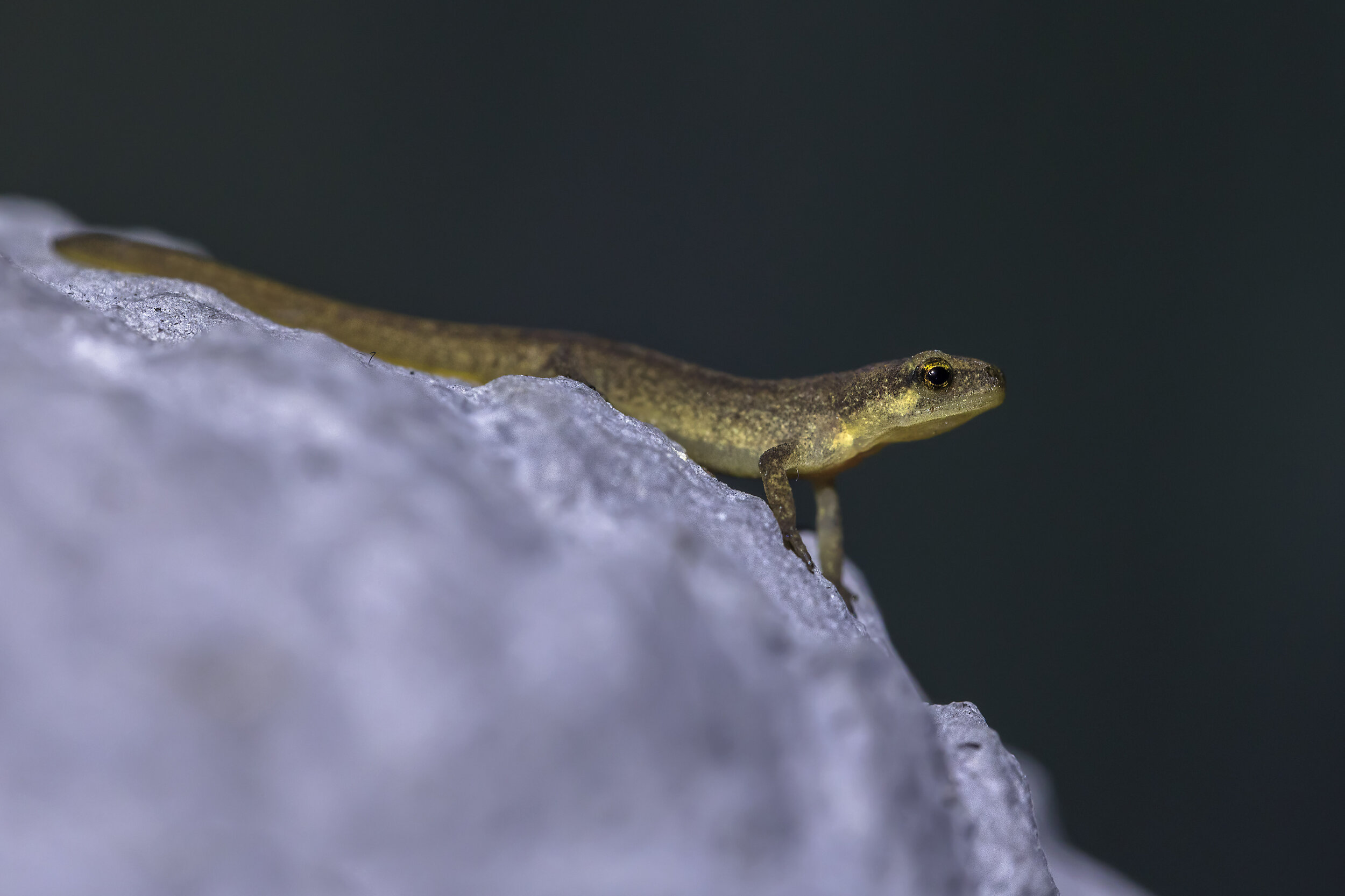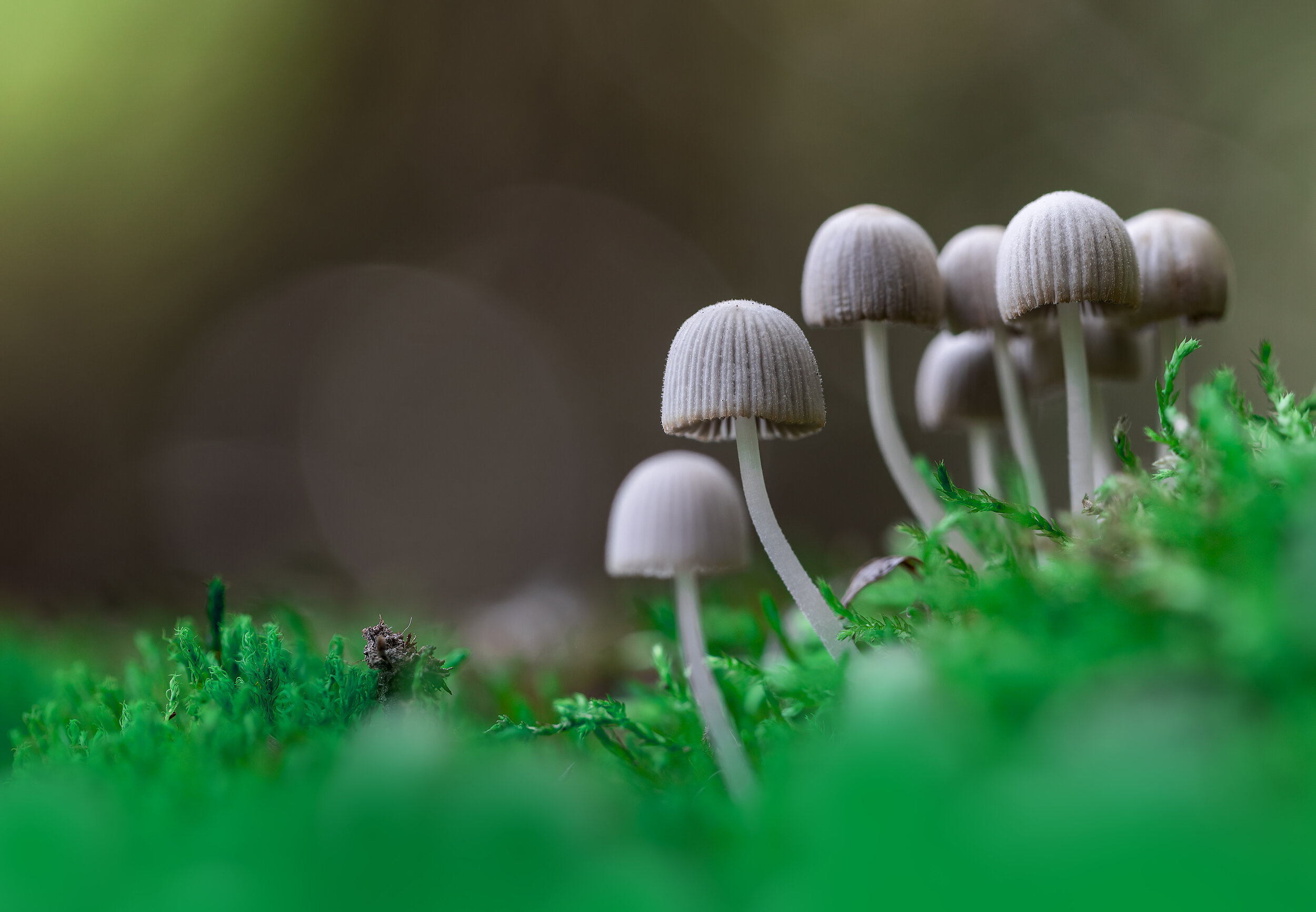For a long time I’ve been wanting to get into landscape photography and even more so since shooting a full frame camera but I didn’t have a very versatile setup, nor the motivation to get said setup.. I’ve blogged about my health many times before so I want bore people with that but I’m waiting for surgery to right some wrongs so travelling light has become my top priority. Travelling with my big telephoto primes has to take some what of a back burner for now and this was my motivation to get some smaller, lighter weight lenses for travel so I ended up getting the Canon RF 100-500mm along with an RF 24-105 and I replaced my trusty EF 100mm macro with the RF version also. It’s so nice to have a light weight setup again, though I haven’t got rid of my big prime lenses. The EF 300 2.8 mk ii and EF 500 mk ii are irreplaceable for what they do and I can see myself keeping these lenses for a long long time as they produce results that paved the way for much of my wildlife photography in the last decade. It’s not all about soft out of focus backgrounds however, and the versatility of this 100-500 with its superb close focus, is just so fun to use in the field. Here’s a few photos below from a recent trip to Skomer Island and exploring some of the Pembrokeshire coast. I don’t have lens filters just yet for my landscape photos but it’s nice to get going, practising my compositions for days where the light is a bit more compelling. On a different more birdy note, I did find a Firecrest on Skomer and a female Pied Flycatcher on the way back, so very birdy at the moment with spring migration still very much in full swing.
Some more from this spring so far, which has mostly been work trips or stopping off too/from work. I’ve worked quite a bit which is only a good thing for me right now as I need the money lol. As you can see below, spring blossom has been some what of a theme, trying to lap it all up and make the most of all the flowers I can get this year as it’s so short lived.. Considering I had my first Nightjar on the 10th of April this year(!!!), summer is fast approaching!
Sound Recording
I haven’t been out much with the sound gear, just can’t fit it all in but I did get some early spring birds with Tree Pipit, Willow Warbler and Mistle Thrush being my faves so far but I also got a great opportunity to record a pair of breeding Willow Tits.


















































































